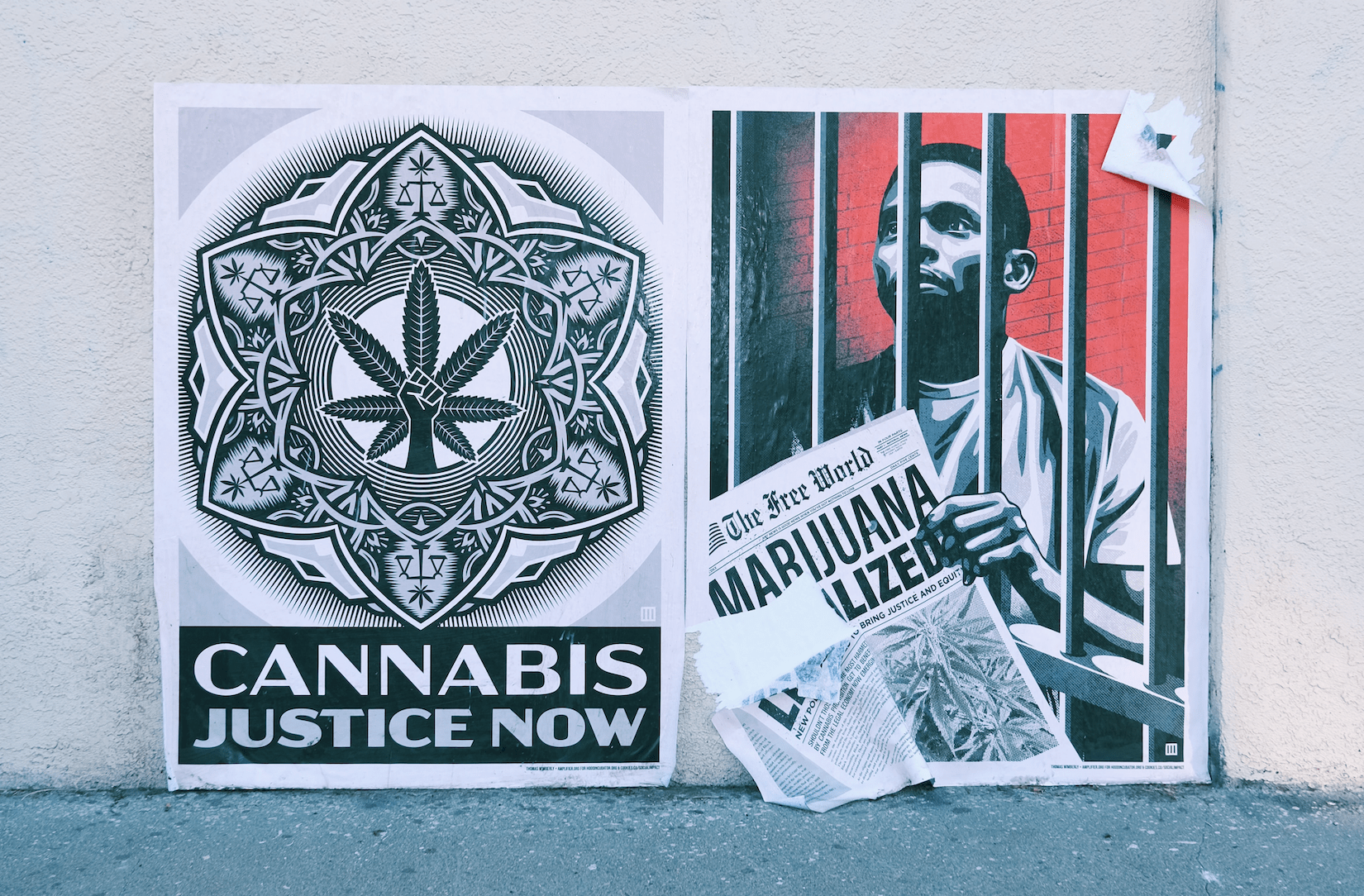
More in Justice
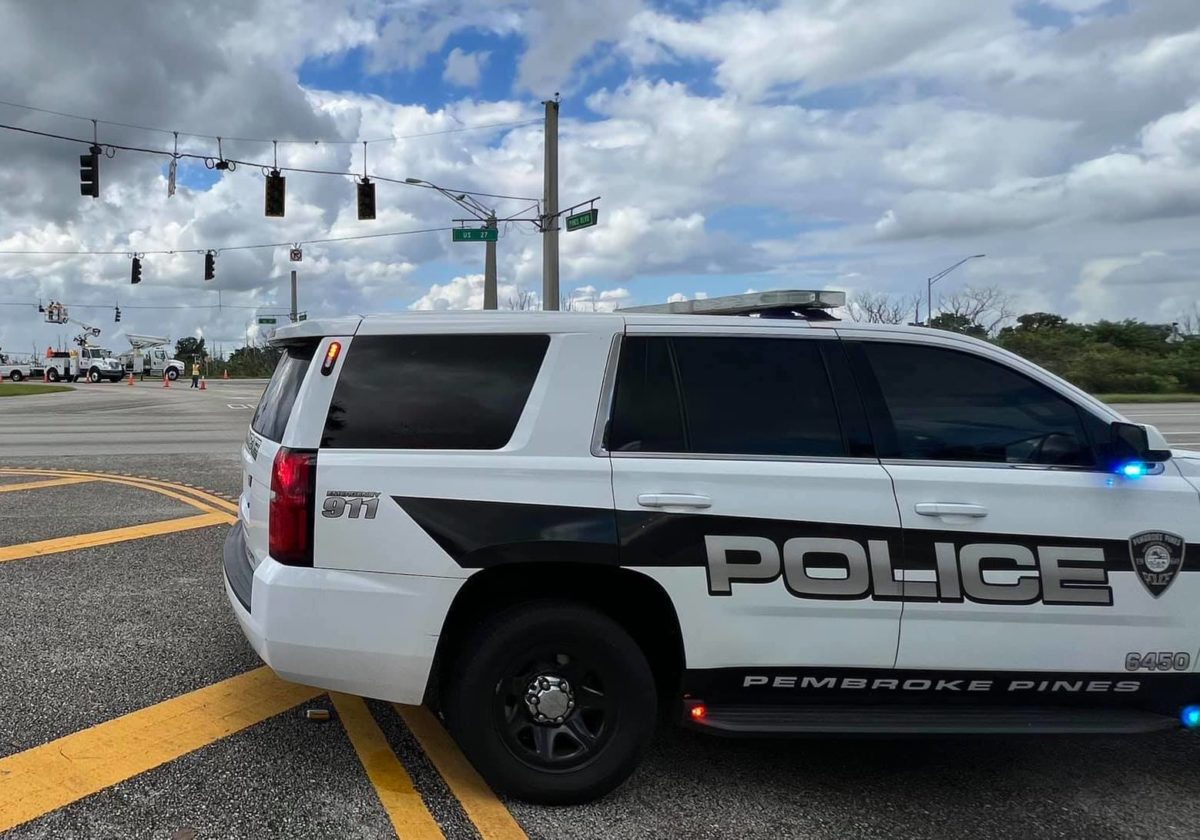
Florida Cops Nearly Sent a Five-Year-Old to Jail
Reporters entertained the notion that a toddler deserved prison time with headlines like ‘No Charges for 5-Year-Old in Pembroke Pines School Attack’
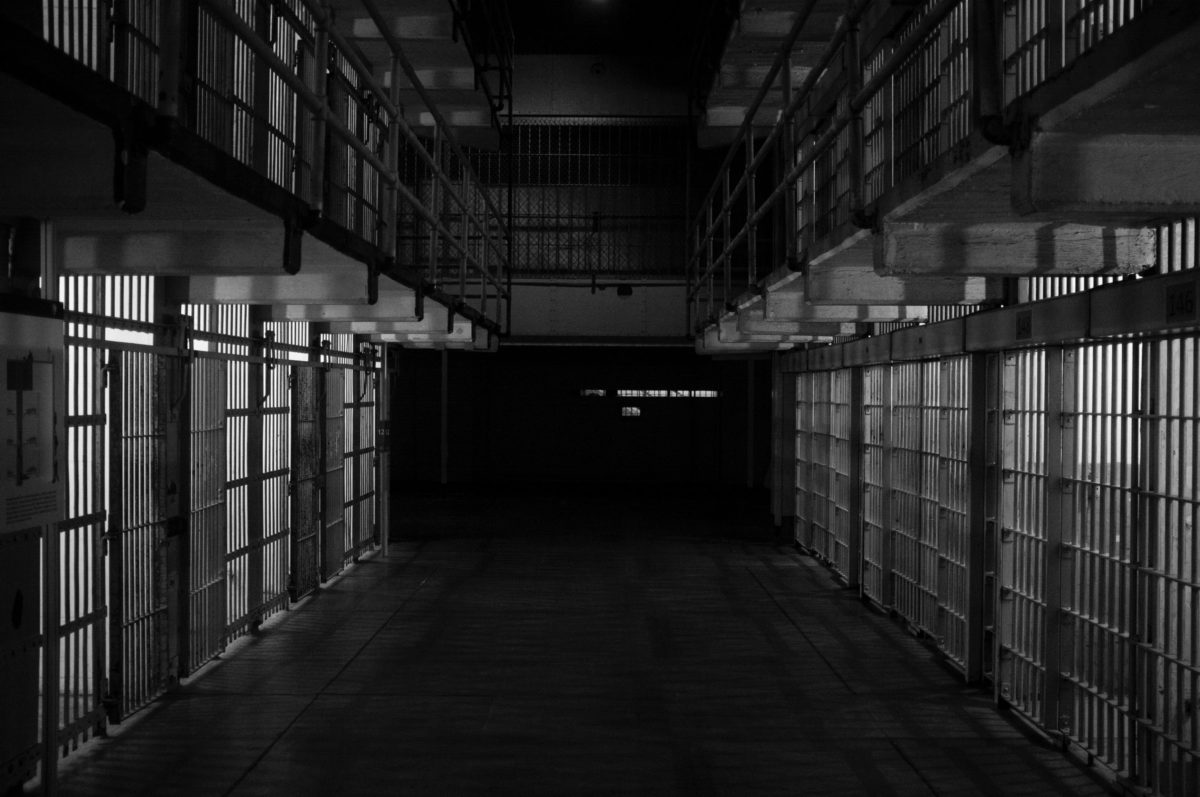
When It Comes to Reporting Deaths of Incarcerated People, Most States Break the Law
Our team at the University of North Carolina analyzed death-in-custody reporting policies at every state and federal carceral entity. Data collection is a mess—and many states don’t follow the law at all.
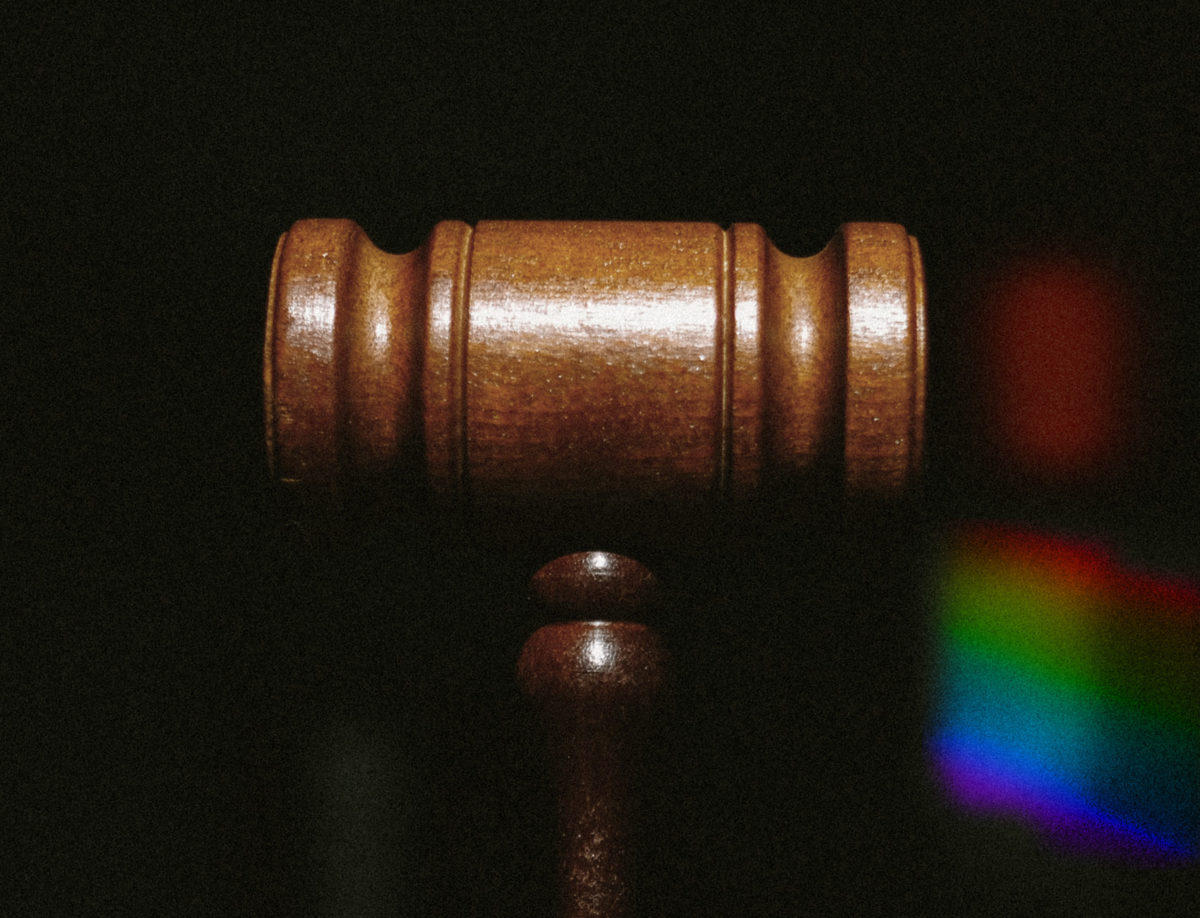
Gay And Trans ‘Panic’ Is Still Being Used To Justify Anti-LGBTQ Attacks
Some states have banned the controversial legal defense, but other efforts, including at the federal level, are facing challenges.
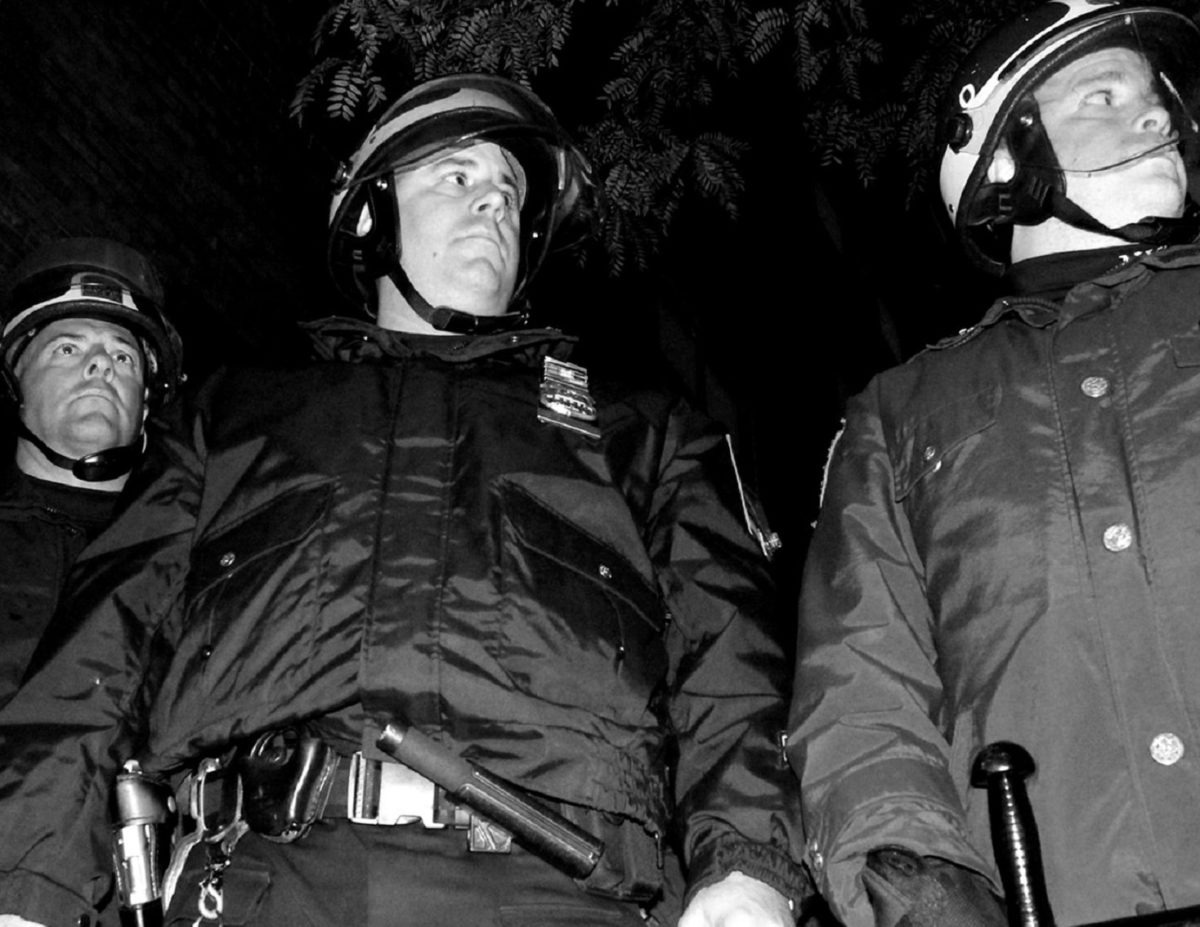
How the NYPD’s Troubled Sex Crimes Unit Is Set Up To Fail Victims
Former top cops say a culture of neglect at the NYPD has left inexperienced and poorly trained officers in charge of some of the department’s most sensitive cases.
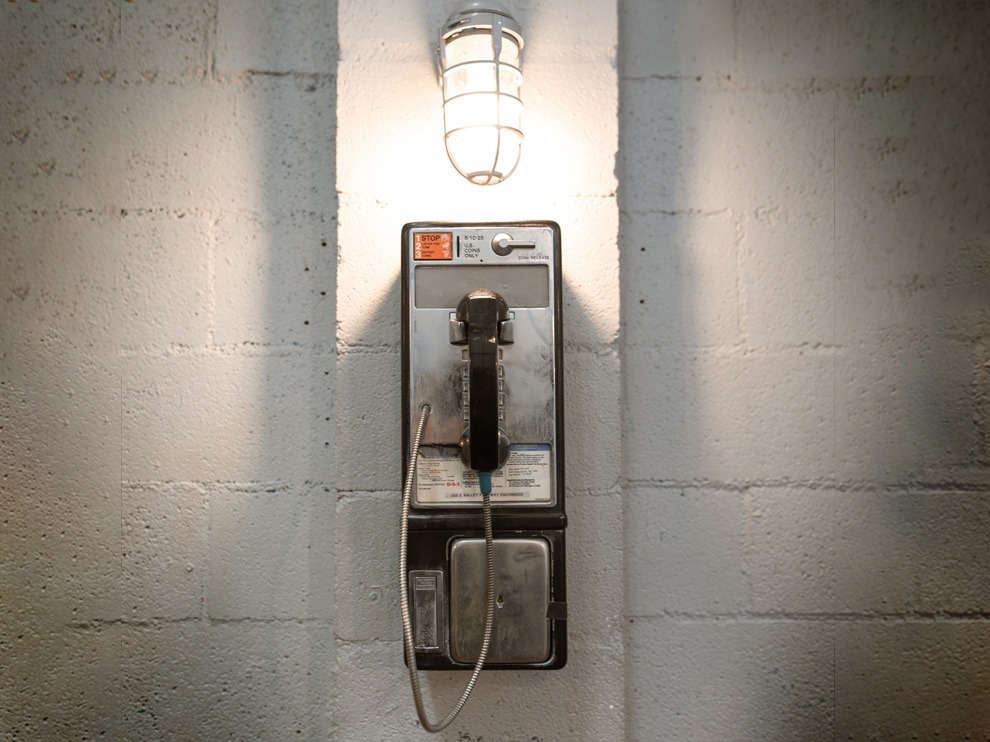
How Prison Writers Struggle to Be Heard
Sky-high costs, fear of retaliation, and isolation create roadblocks for incarcerated people to join conversations about reform.
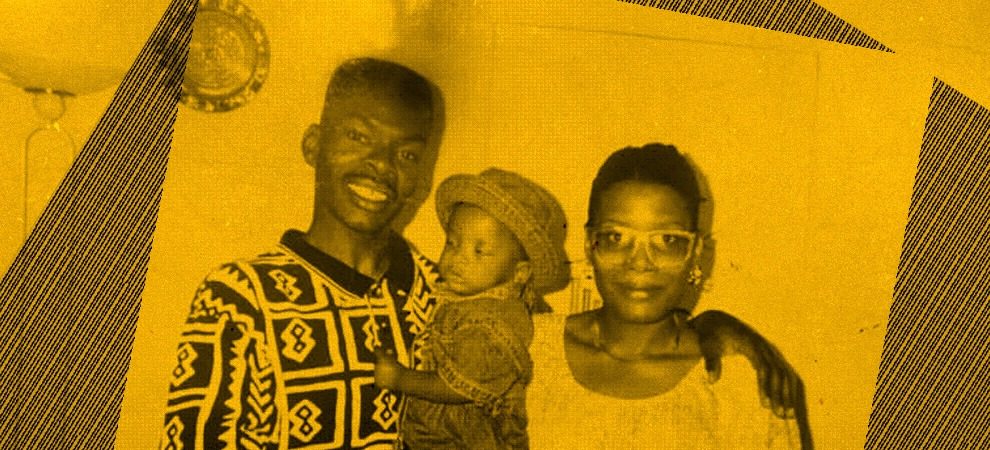
A Homeless Man Has Spent 800 Days At Rikers After Stealing Cold Medicine. Now His Prison Sentence May Be Beginning.
Blind in one eye and at risk of losing vision in the other, 58-year-old Reginald Randolph is now on the verge of being sent to state prison to serve out a maximum of four years in state prison.
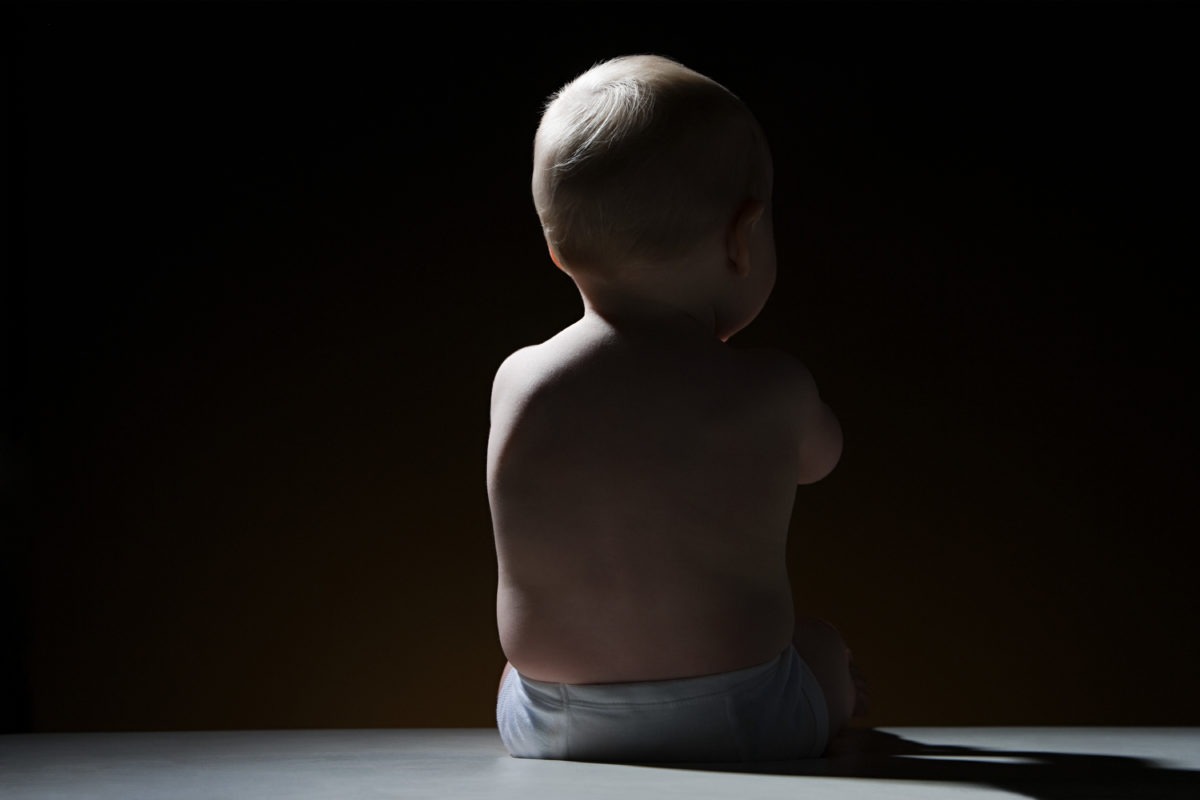
The State Convicted Him of Child Abuse. A Medical Expert Said It Was Likely Diaper Rash
A man is serving two life sentences for a crime that, according to his legal team, never occurred.

North Carolina’s Clemency Process is a ‘Black Box,’ Advocates Say
Even with the recent creation of the Juvenile Sentence Review Board, the governor’s process for granting clemency remains unclear.
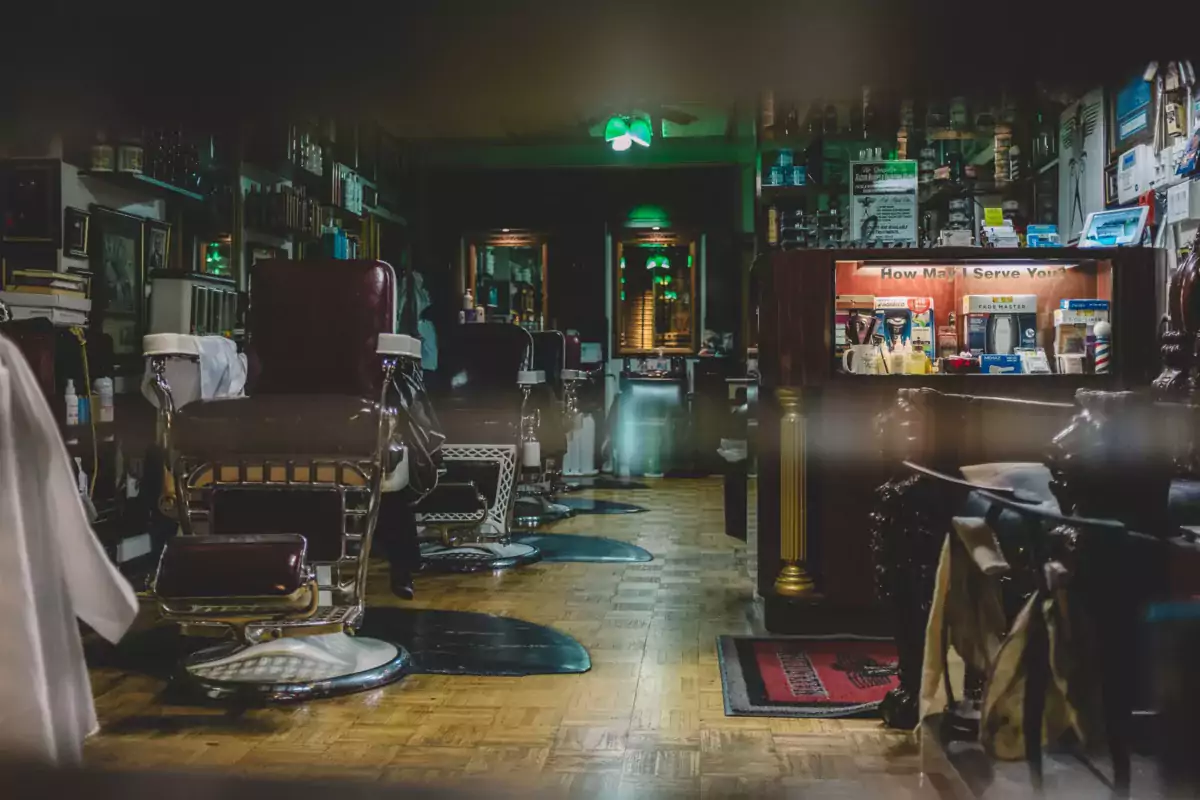
Arizona Man Faces Decades In Prison After Not Returning a Rental Car on Time
B.S., a 61-year-old Black man, has struggled with substance use for decades. Now, prosecutors are leveraging his record against him—and forbidding references to racial justice, George Floyd, Breonna Taylor, B.S.’s potential sentence, or his health problems at his trial.
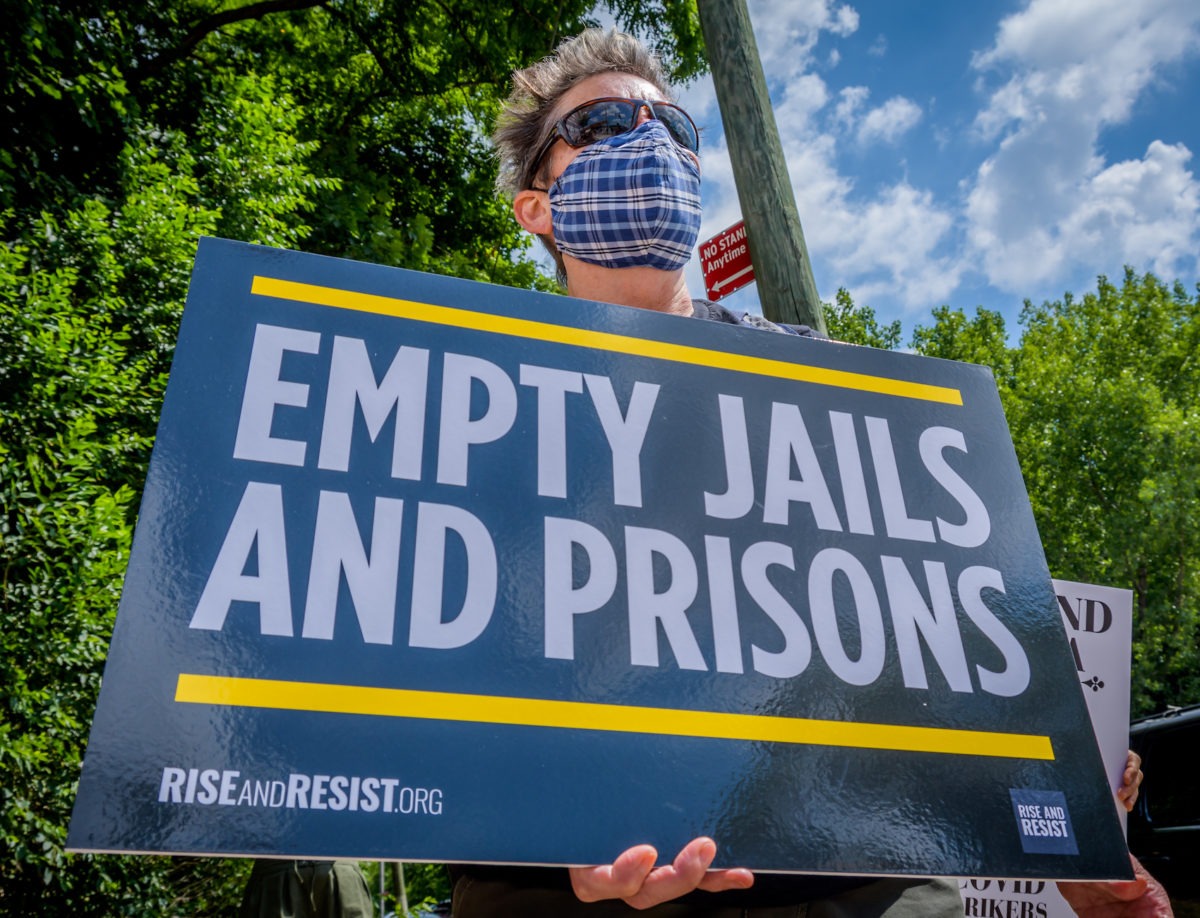
Why Crime Victims Joined the Fight for Parole Justice in New York
Survivors’ needs and opinions vary—and many have not found justice when they turn to the criminal legal system.
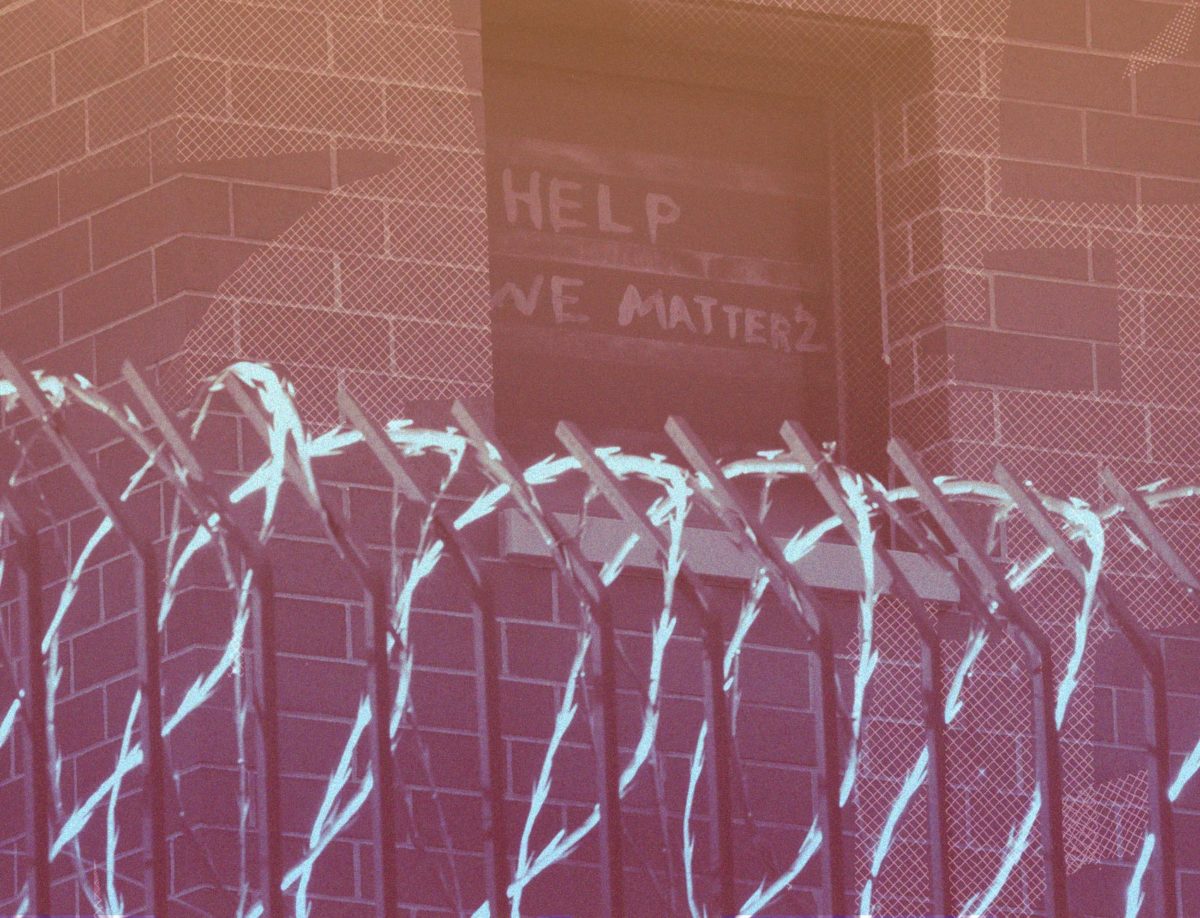
Virtually No One is Dangerous Enough to Justify Jail
A common sense cost-benefit analysis of pretrial detention.
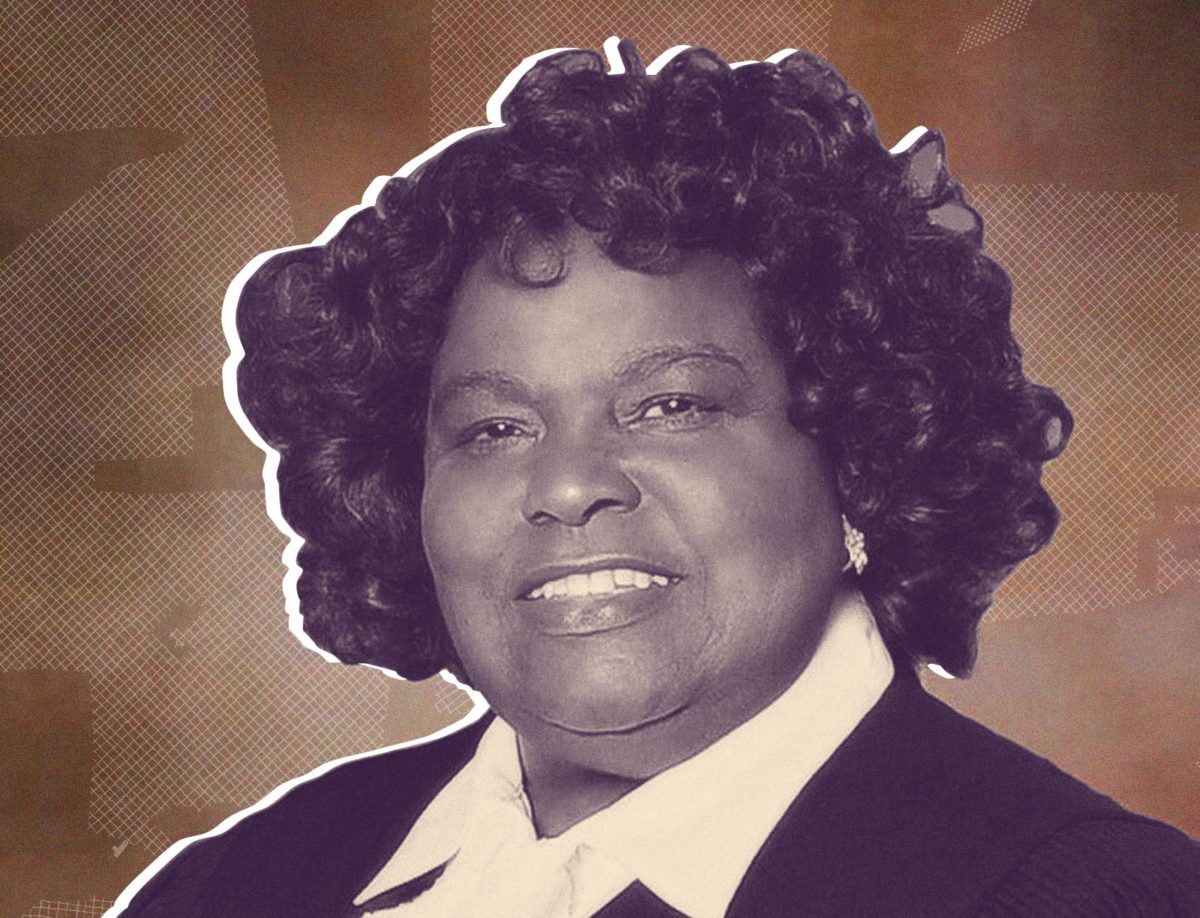
The Dissenter
Former Louisiana Supreme Court Chief Justice Bernette Johnson’s fiery dissents on mass incarceration and sentencing in America’s most carceral state garnered international attention. But the rise of the first Black woman on the court was characterized by one battle after another with the Deep South’s white power structure.
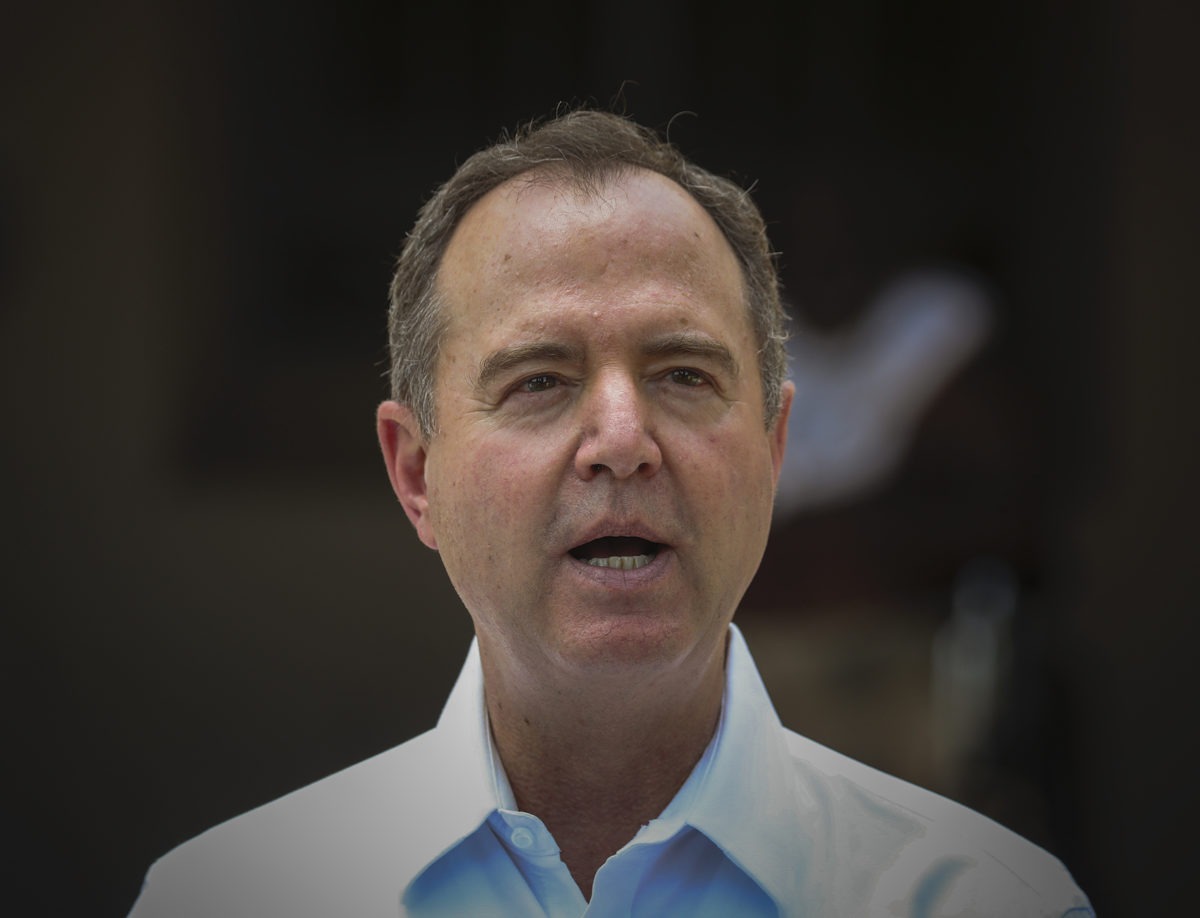
Choosing Adam Schiff For California Attorney General Would Be Ignoring What Californians Want
The U.S. representative has been a chief architect of mass incarceration in the state and an instigator of racial injustice.

Austin’s Unreliable Crime Lab Could Lead to Another Wrongful Execution
Dubious DNA evidence—and a potential coverup by the Travis County DA’s office—are at the heart of a judge’s recommendation that Areli Escobar gets a new trial.
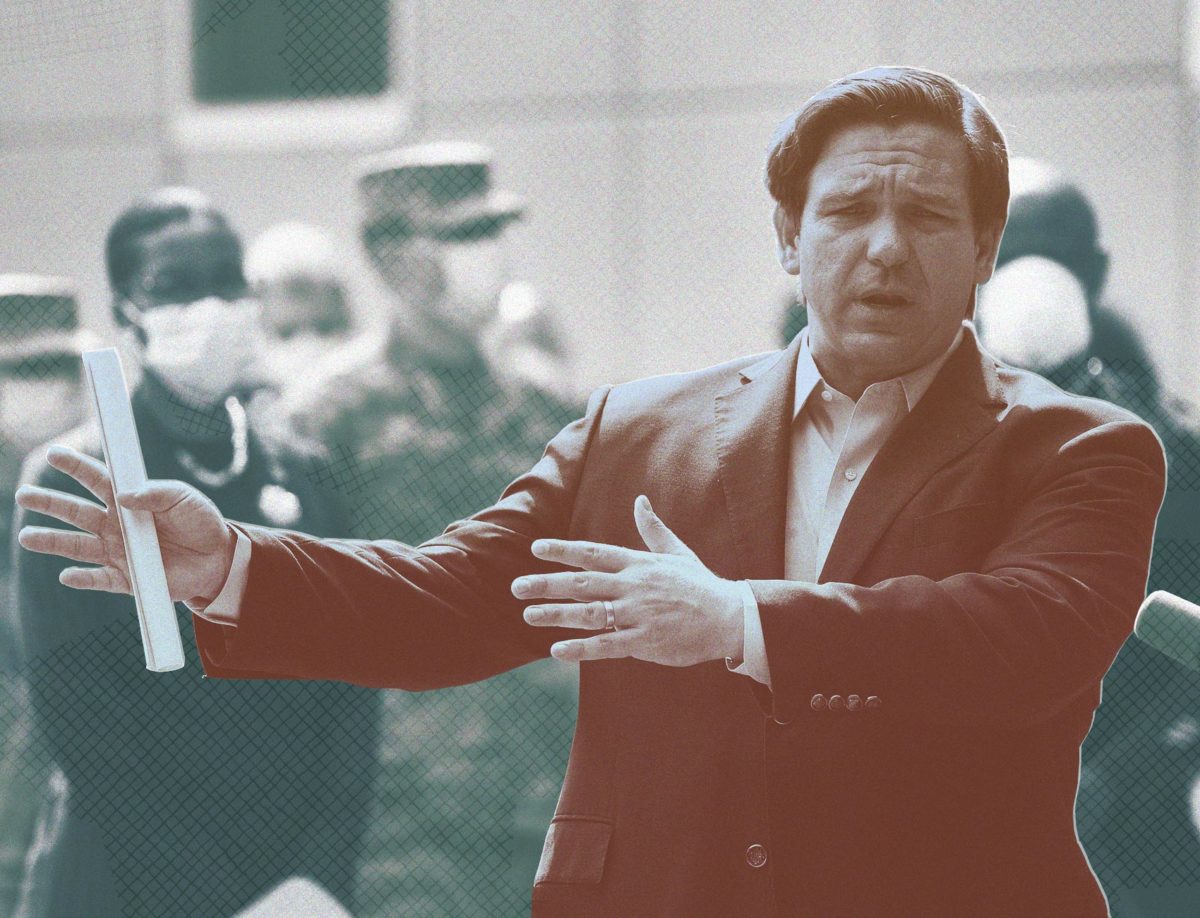
Republican Lawmakers Are Using the Capitol Riot to Fuel Anti-BLM Backlash
Some lawmakers are citing the violence in Washington as a reason to pass laws that criminalize protesting, but far-right extremists aren’t the target.
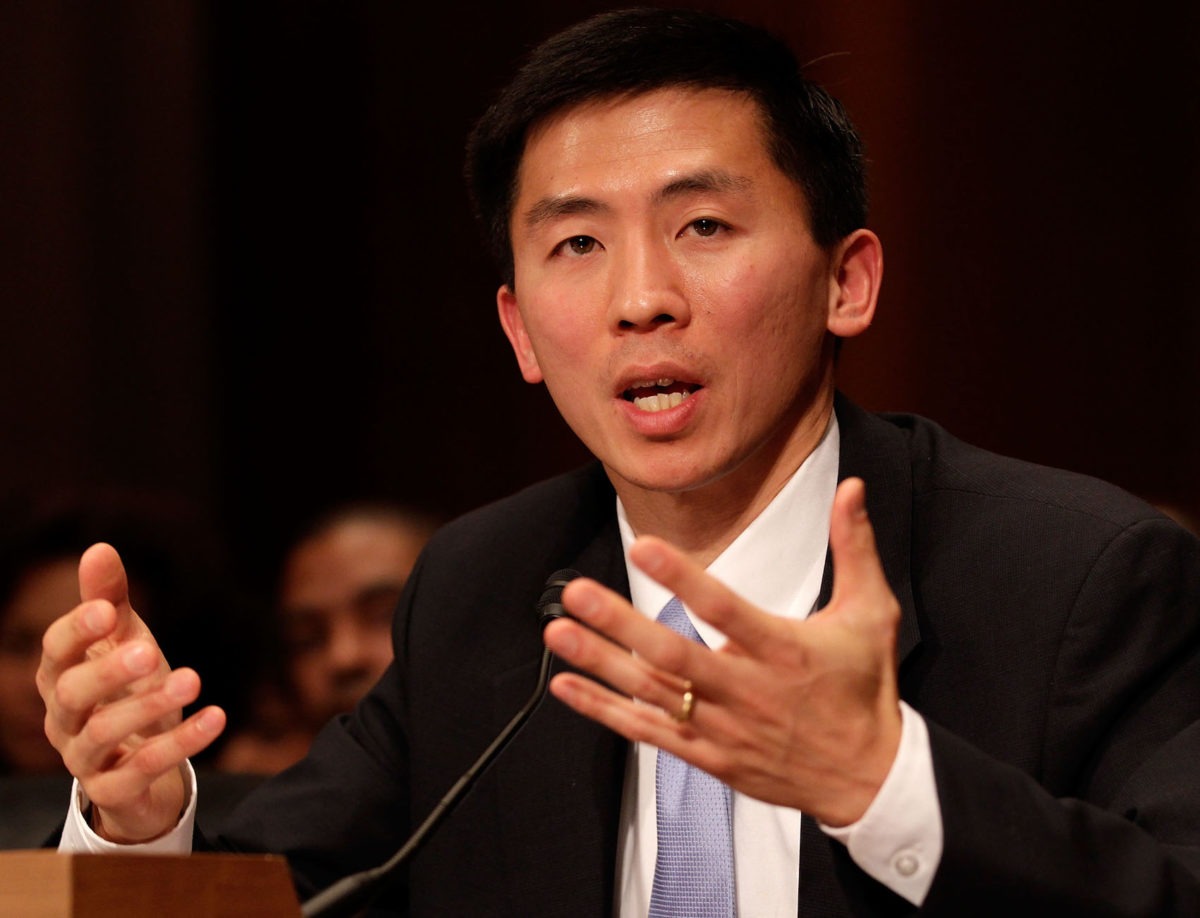
Why Goodwin Liu Should Be California’s Next Attorney General
The California Supreme Court Justice is motivated not by politics but by making equal justice under the law a reality for all Californians.
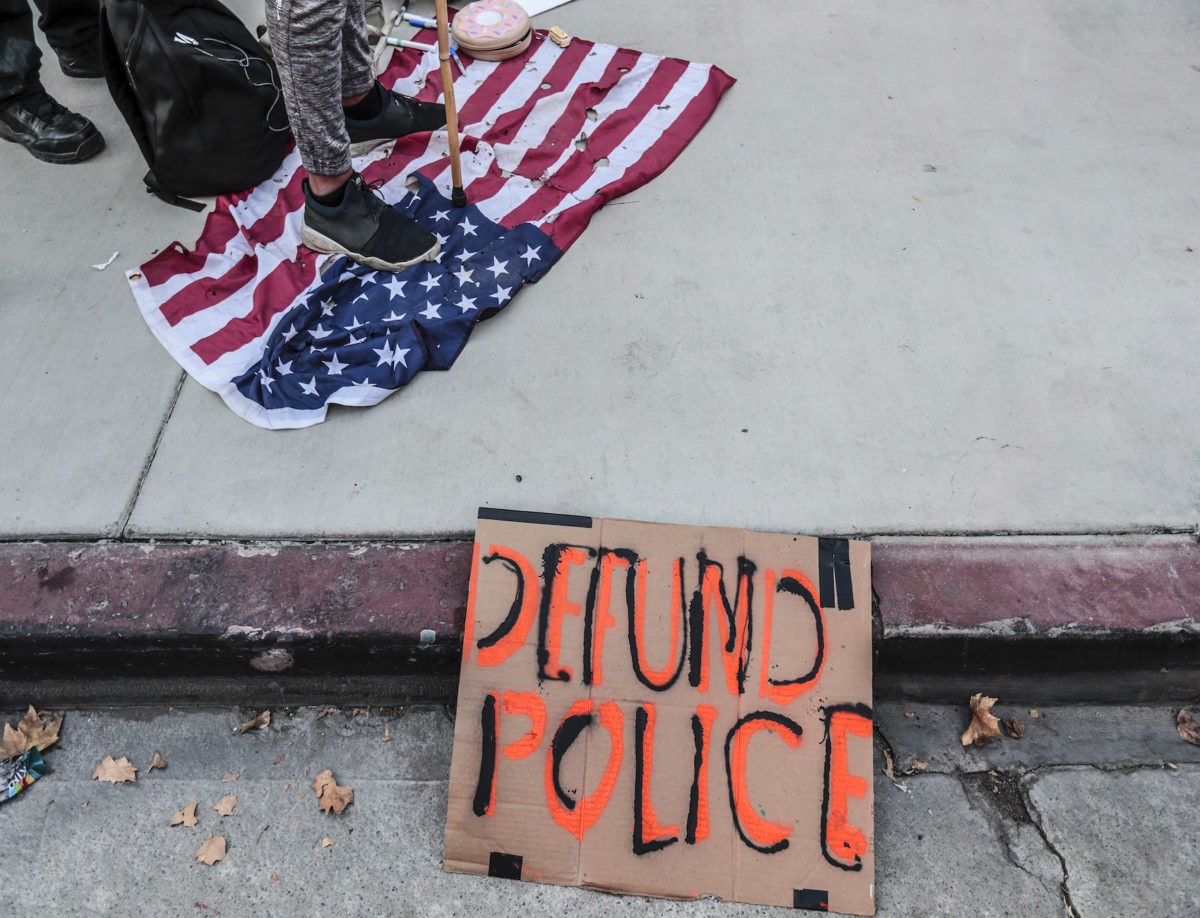
What Public Safety Without Police Looks Like
From San Francisco to Philadelphia, cities across the country are creating fully unarmed response teams to address emergencies that used to call for cops.

Hidden Foster Care: All Of The Responsibility, None Of The Resources
Outside of the traditional foster care system exists a shadow system of potentially hundreds of thousands of children removed by CPS to their relatives or family friends—without a court case, monetary support, or due process.
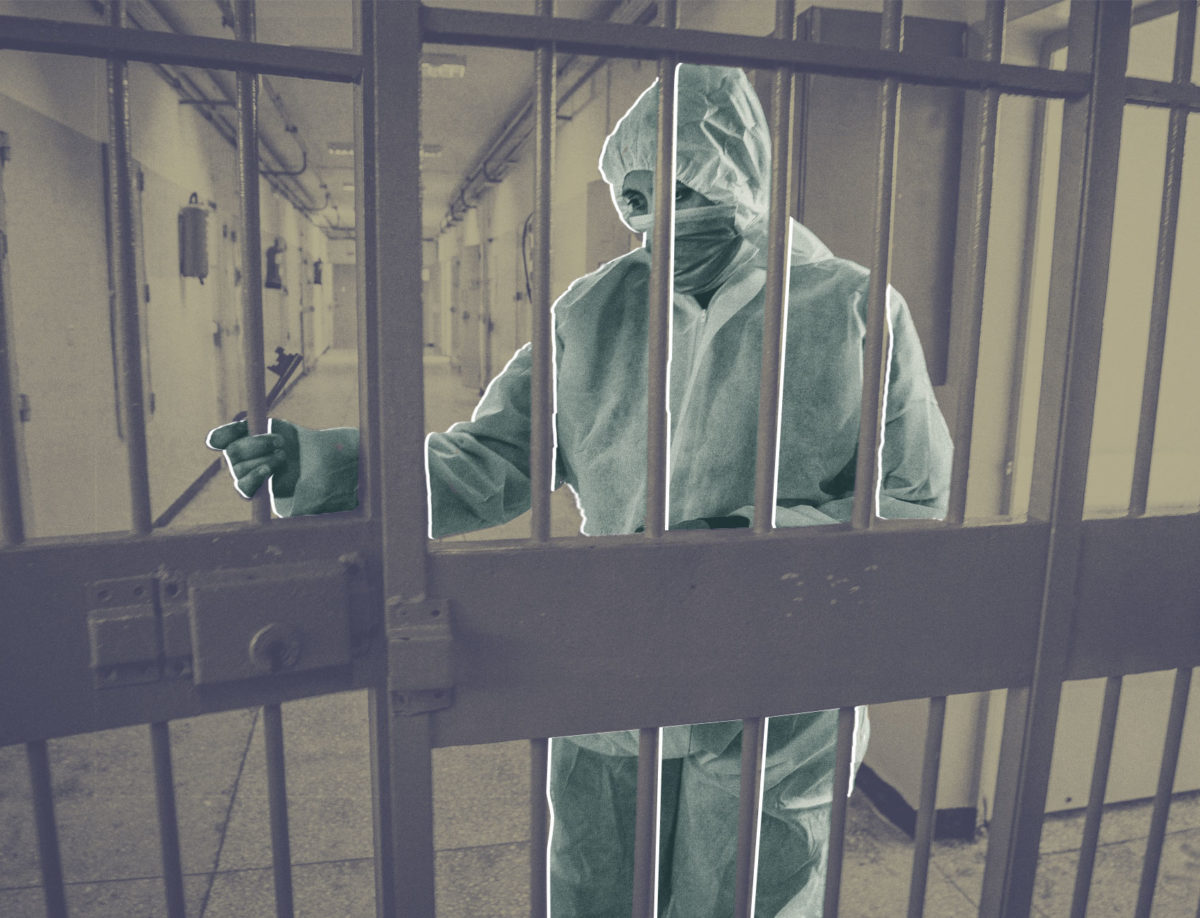
Researchers Estimate Mass Incarceration Contributed To More Than Half A Million Additional Cases Of COVID-19 Over The Summer
The report found that spread inside correctional facilities contributed to community spread, particularly in California, Florida and Texas.
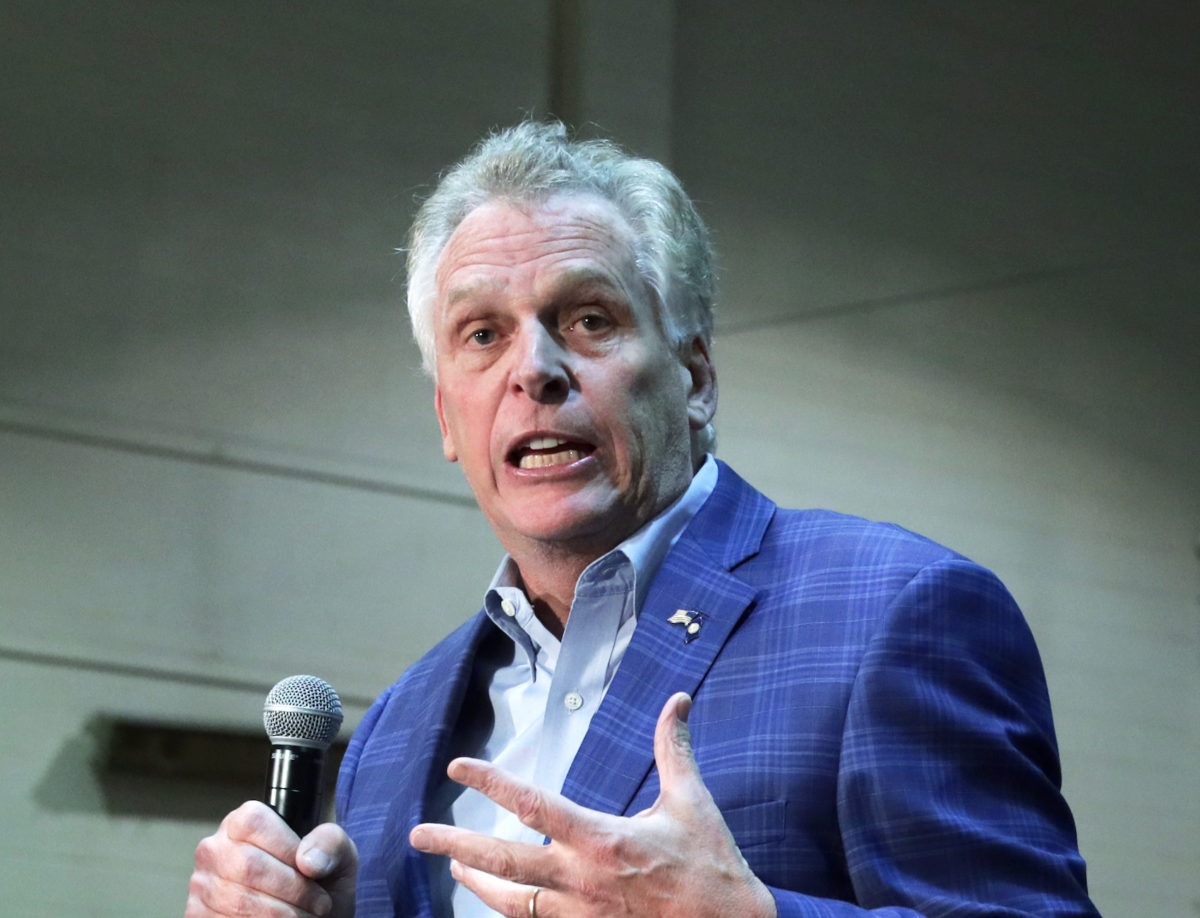
Terry McAuliffe’s Record on the Death Penalty Is Out of Step With National Trends
McAuliffe is running to become Virginia governor a second time. If he wins, he would be the only active Democratic governor to have carried out executions in office.
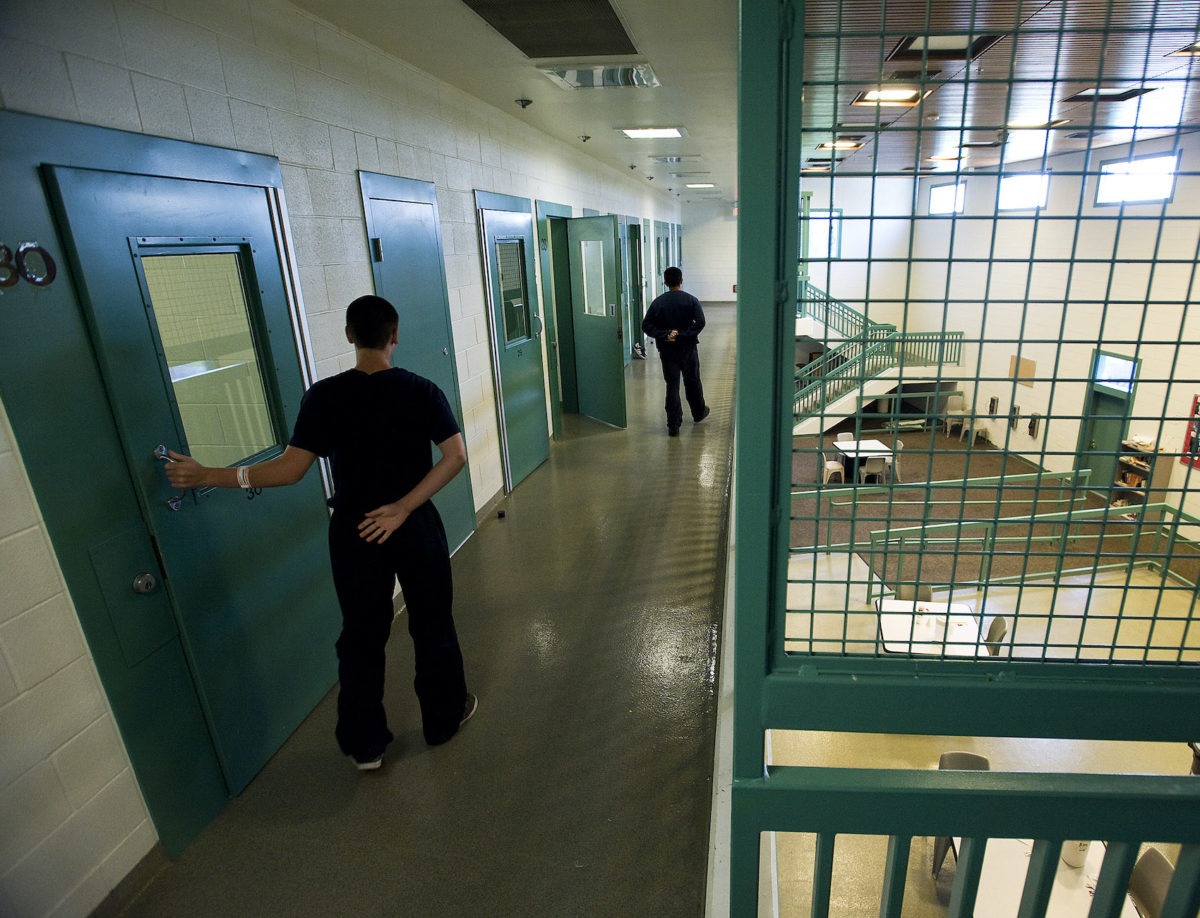
Shifting Incarceration Costs to Counties Could Mean Fewer People in Prisons and Jails, Study Suggests
A new study suggests that if counties—rather than states—bear the cost of incarceration, they may be less likely to incarcerate people.
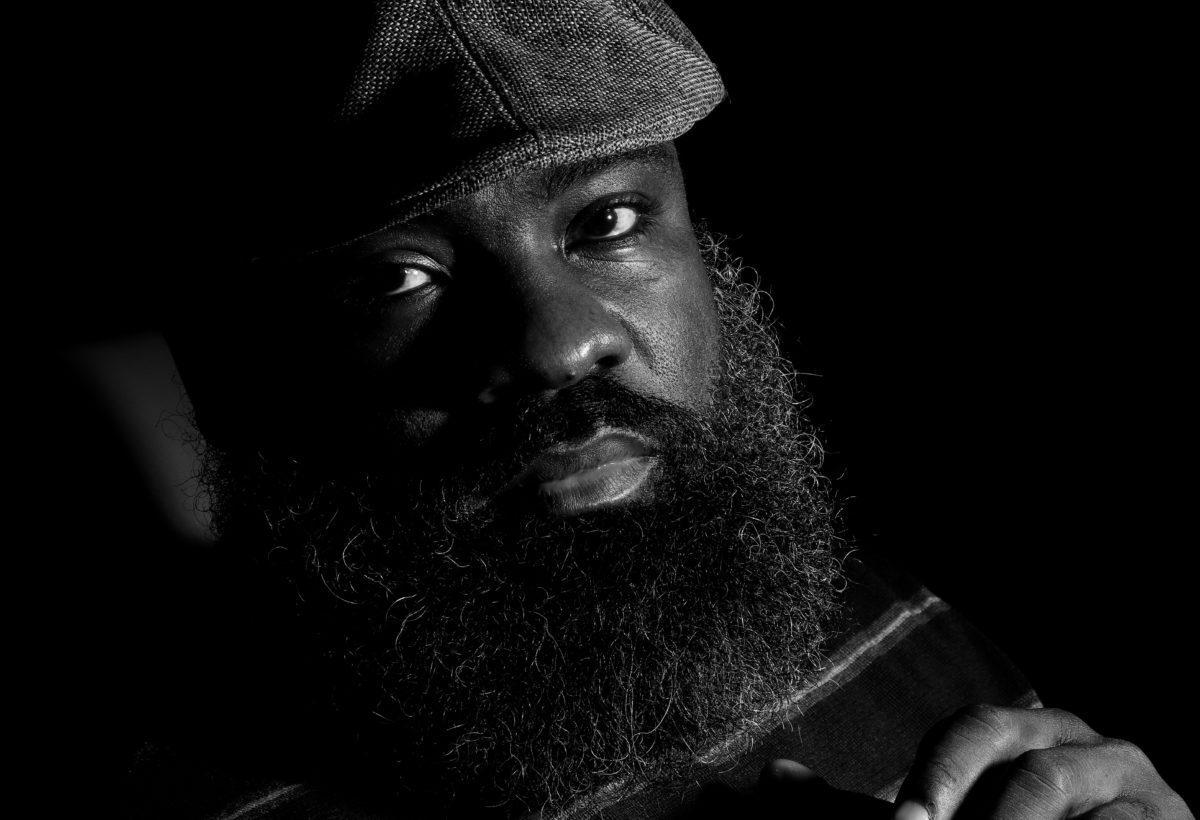
Facing Life
Pennsylvania’s prisons have the second-highest number of people in the country serving life without the possibility of parole. Nine people who were released after being sentenced to die behind bars share their stories.
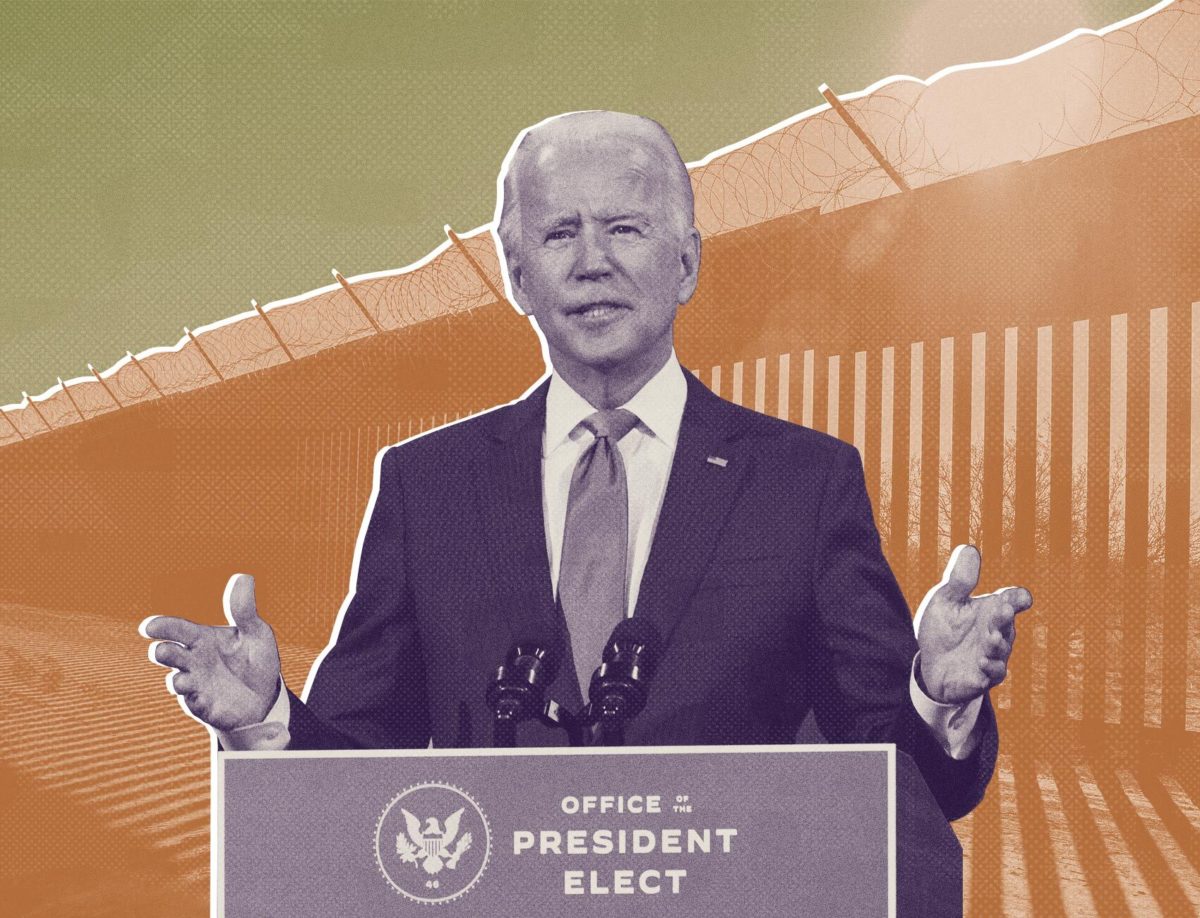
Biden’s Attorney General Needs to Think Like an Immigrant Rights Activist
With aggressive legal maneuvering, the incoming head of the Justice Department can reverse some of Trump’s most lasting harm and take steps toward a more humane immigration system.
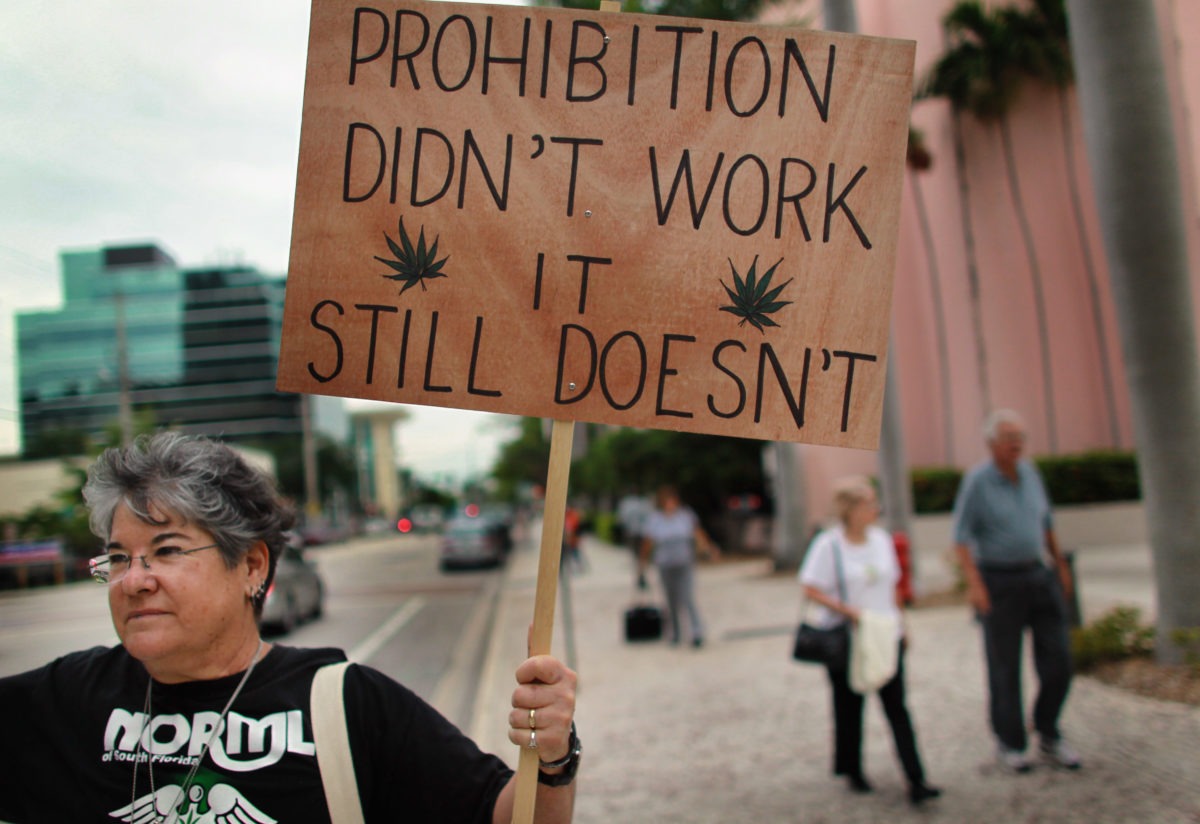
America Wants Marijuana Reform. Congress Shouldn’t Stand In The Way.
Investing in local communities and rolling back the criminalization of marijuana is exactly what the country needs right now.
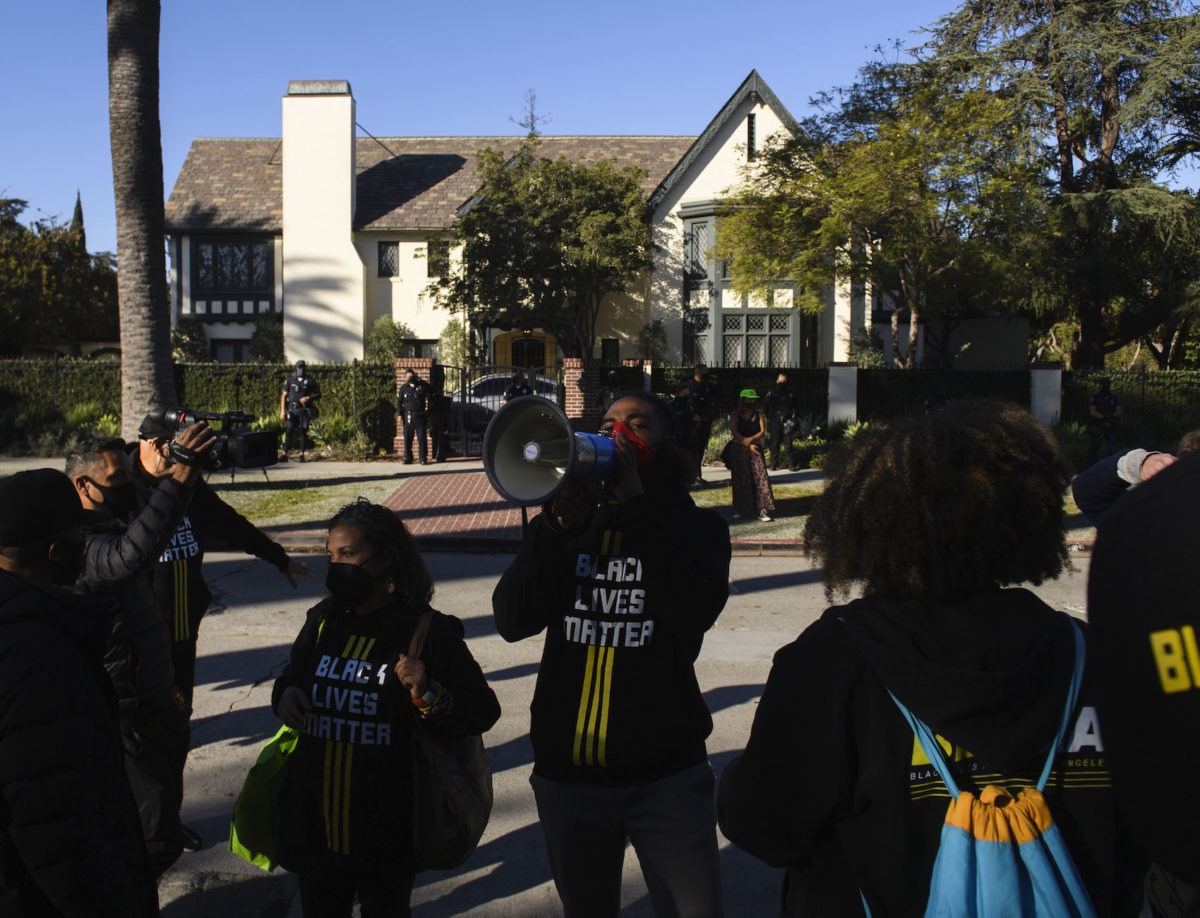
Why Los Angeles Activists Don’t Want Their Mayor In Biden’s Cabinet
Eric Garcetti, who may be considered for a position in the administration, is out of touch with the city’s working class and poor people, activists say. And they fear he’ll bring that sensibility to national politics.
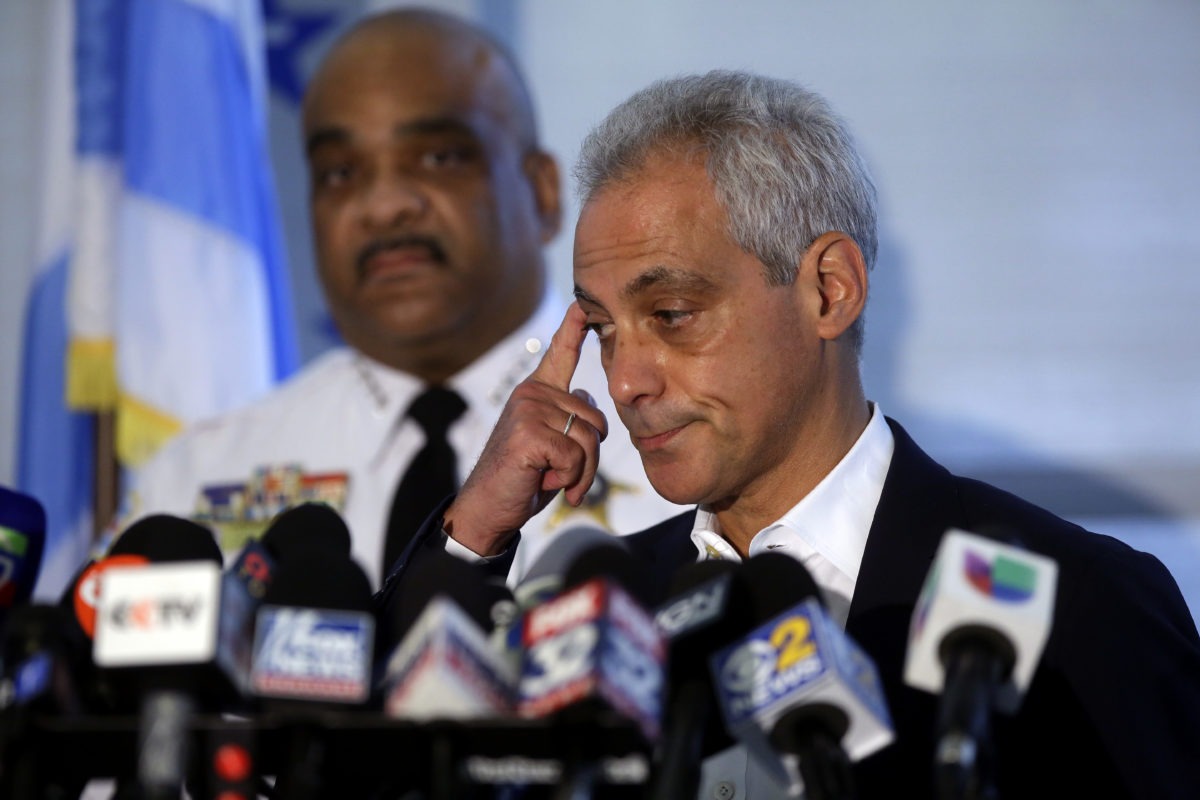
We Can’t Restore The Soul Of The Nation With Rahm Emanuel In Public Office
It doesn’t matter whether it’s Transportation Secretary or Assistant to the Transportation Secretary, Rahm doesn’t belong in any of D.C.’s halls of power.
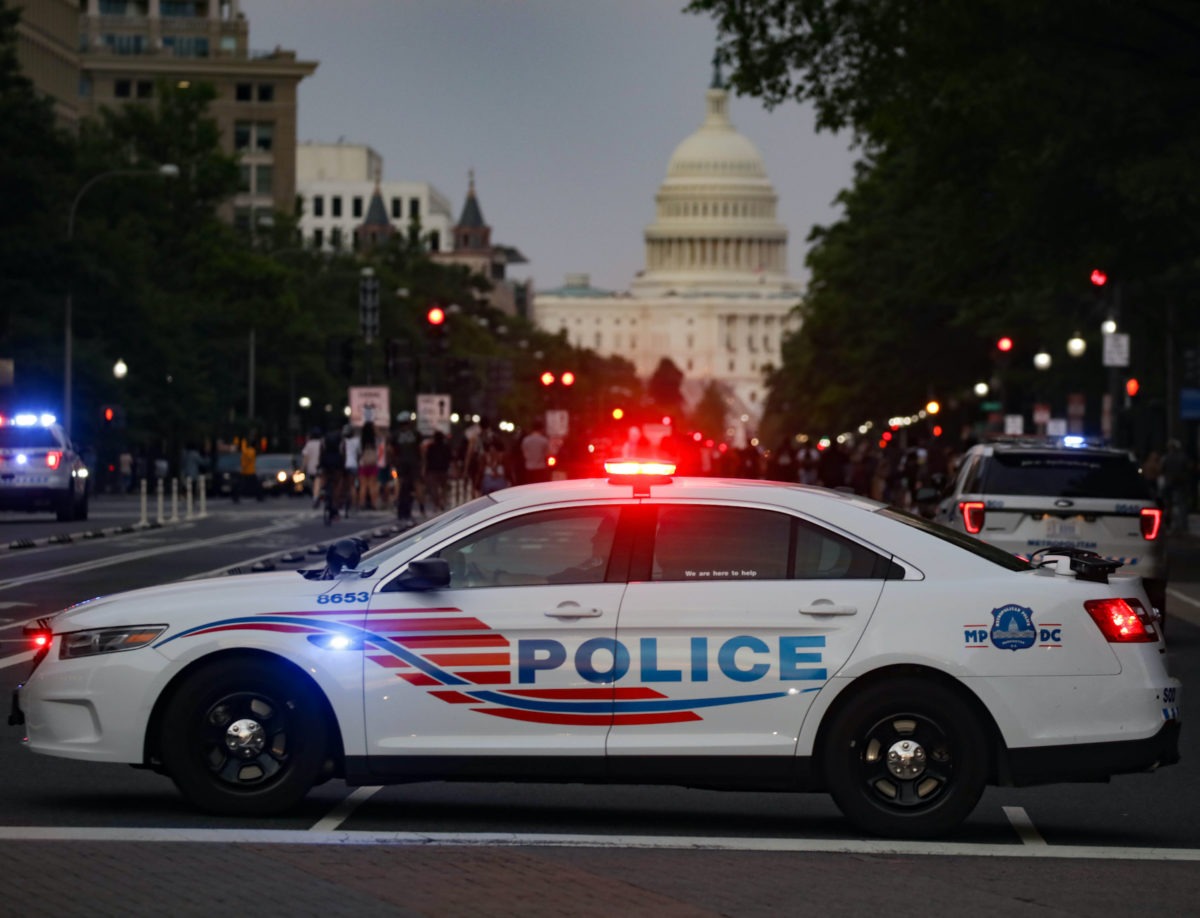
The Limitations of Police ‘No Chase’ Policies
Two moped riders were left dead or injured after recent police pursuits in Washington, D.C., and Providence, Rhode Island.
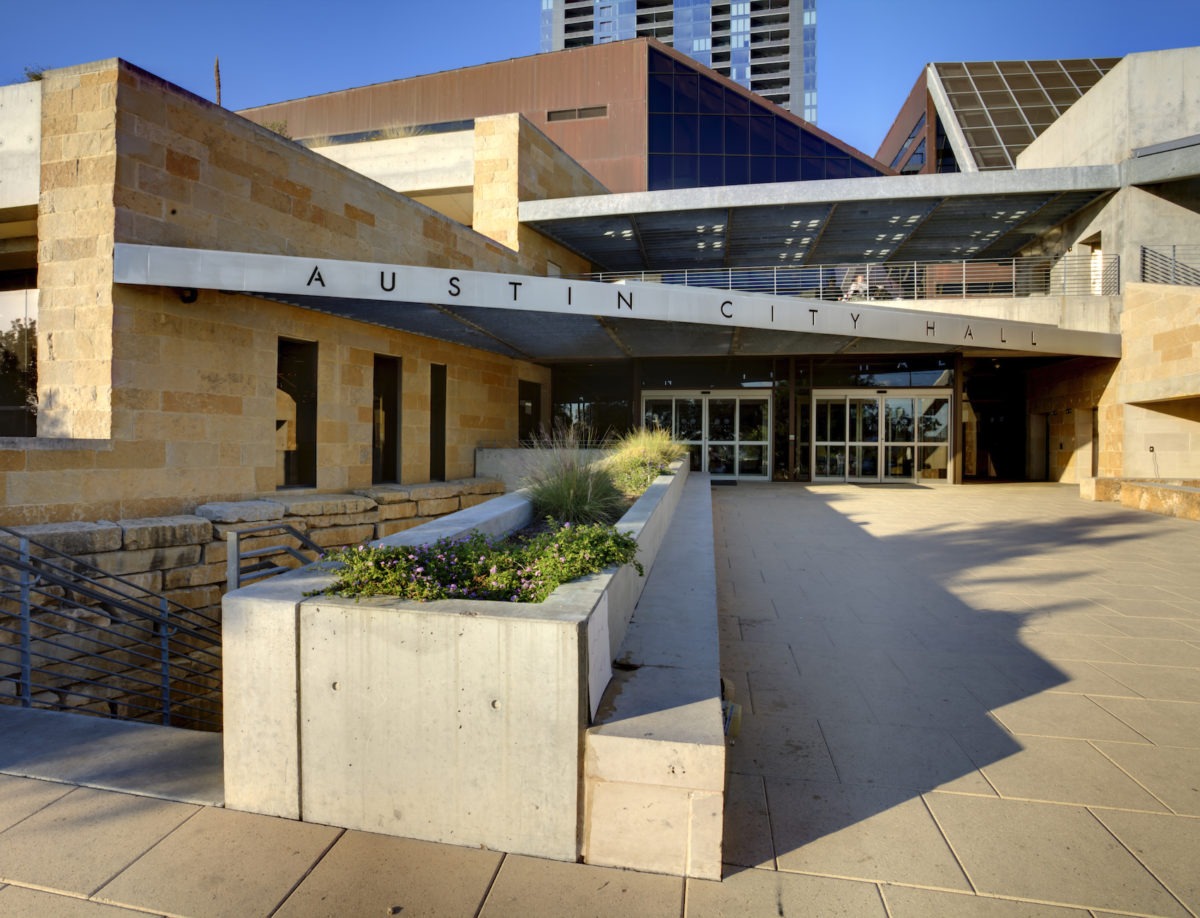
Police Funding Is a Pivotal Issue in Two Austin City Council Runoffs
Incumbents Jimmy Flannigan and Alison Alter have been targeted by conservative challengers because of the council’s votes to cut police funding and repeal a ban on public camping.
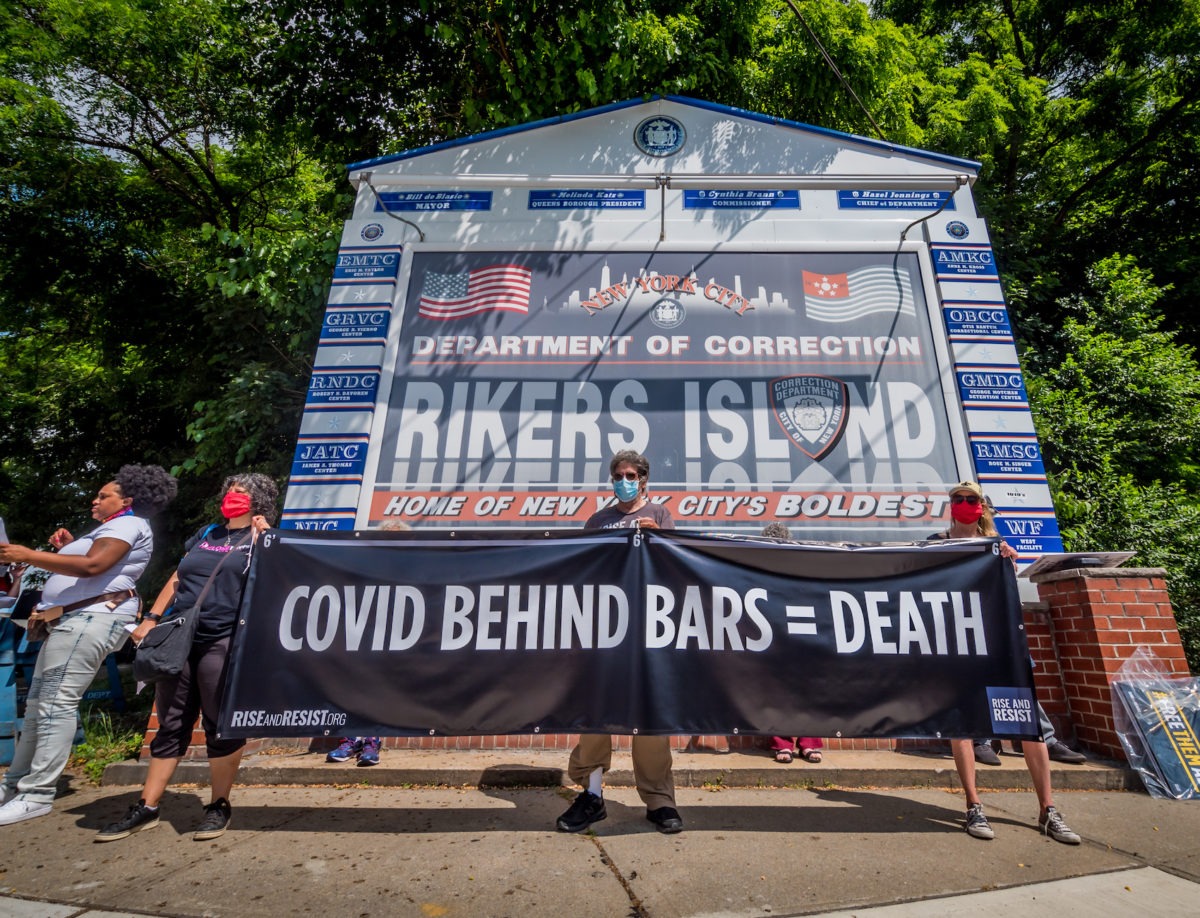
America’s Biggest City Was Hit Hard By COVID-19. Its Jails Are Filling Up Again
New York City’s jail population is close to reaching pre-pandemic levels. Advocates say dishonest fearmongering about bail reform—and the politicians who capitulated to it—have created a very real safety crisis.
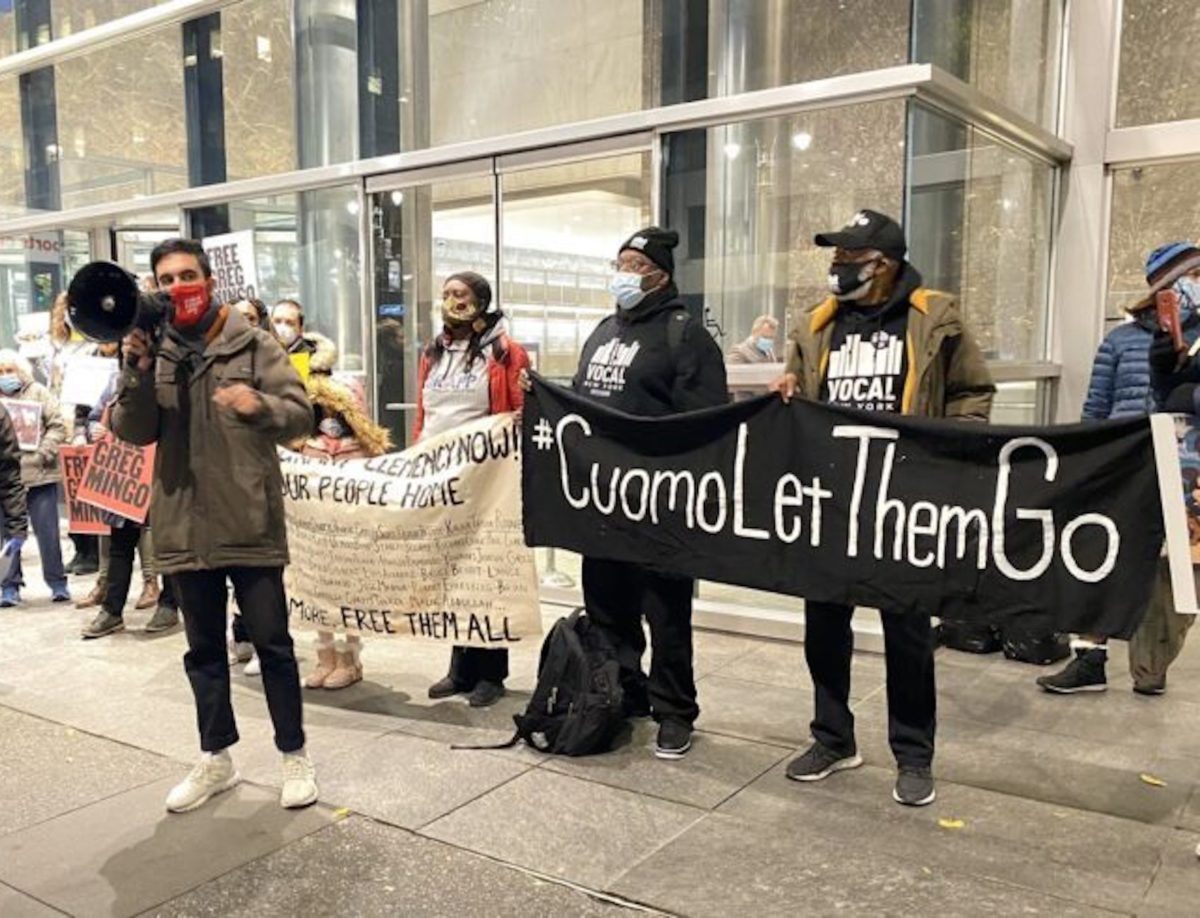
Families Urge Cuomo to Release Loved Ones from Prison During COVID-19 Pandemic
In addition to the releases he has already ordered, the New York governor can grant commutations to free more incarcerated people to protect them from the disease. He has issued only three since the pandemic began.
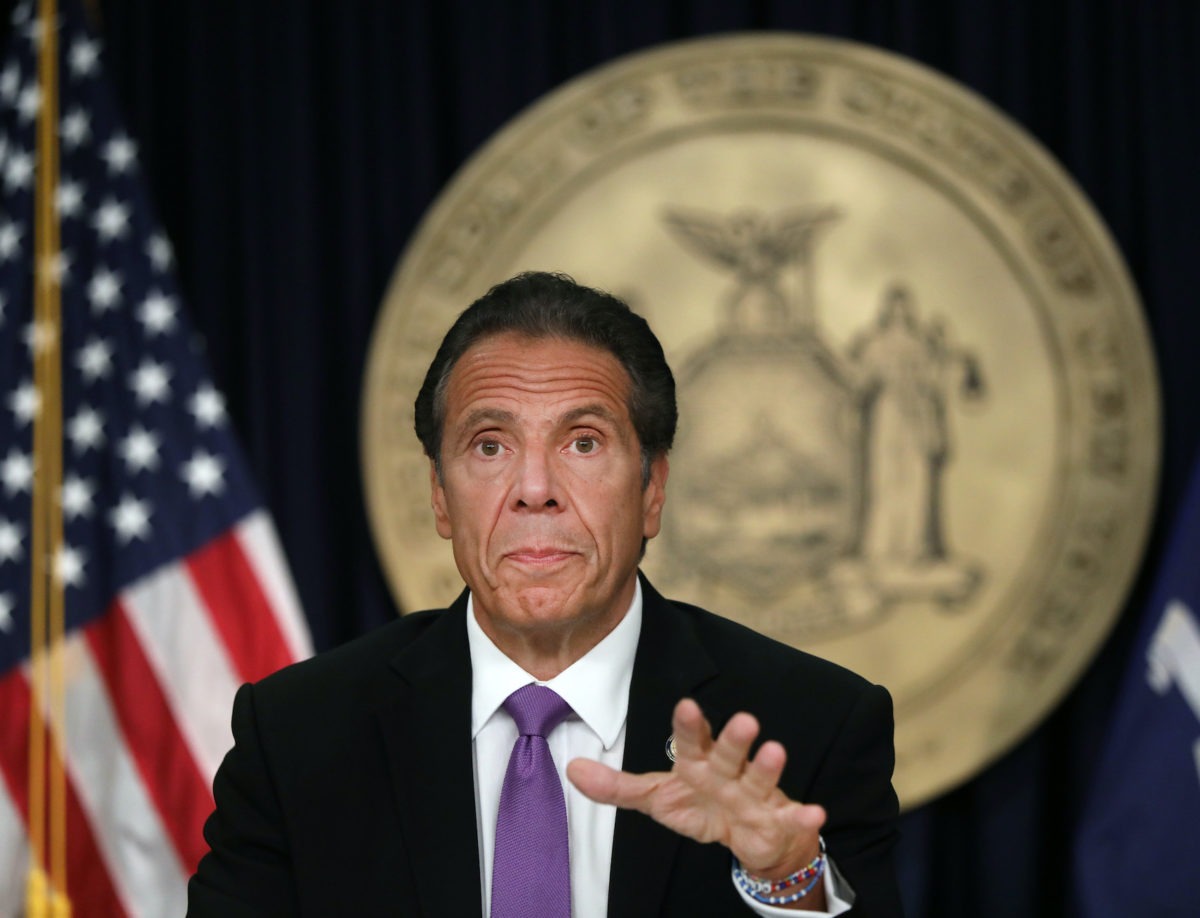
Andrew Cuomo Promised Criminal Justice Reforms, But New York Is Still Waiting
The governor has rolled back bail reform, not released enough prisoners during the pandemic, and failed to rein in police abuses, advocates and prisoners say.
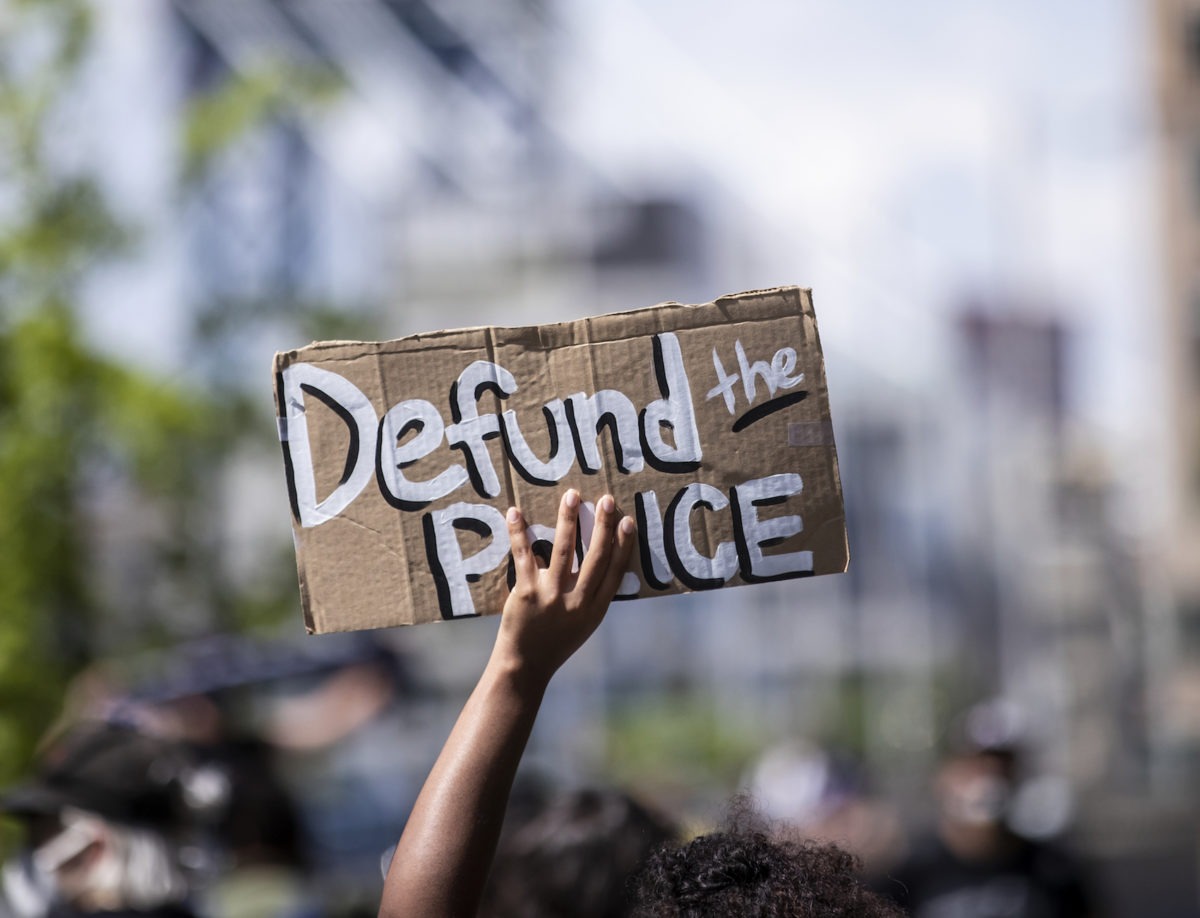
Some Texas Elections Suggest Voters Aren’t Afraid of Defunding Police
None of the Austin City Council members who voted to cut police funding lost their elections, but a police union vice president who fearmongered about the defund movement did.
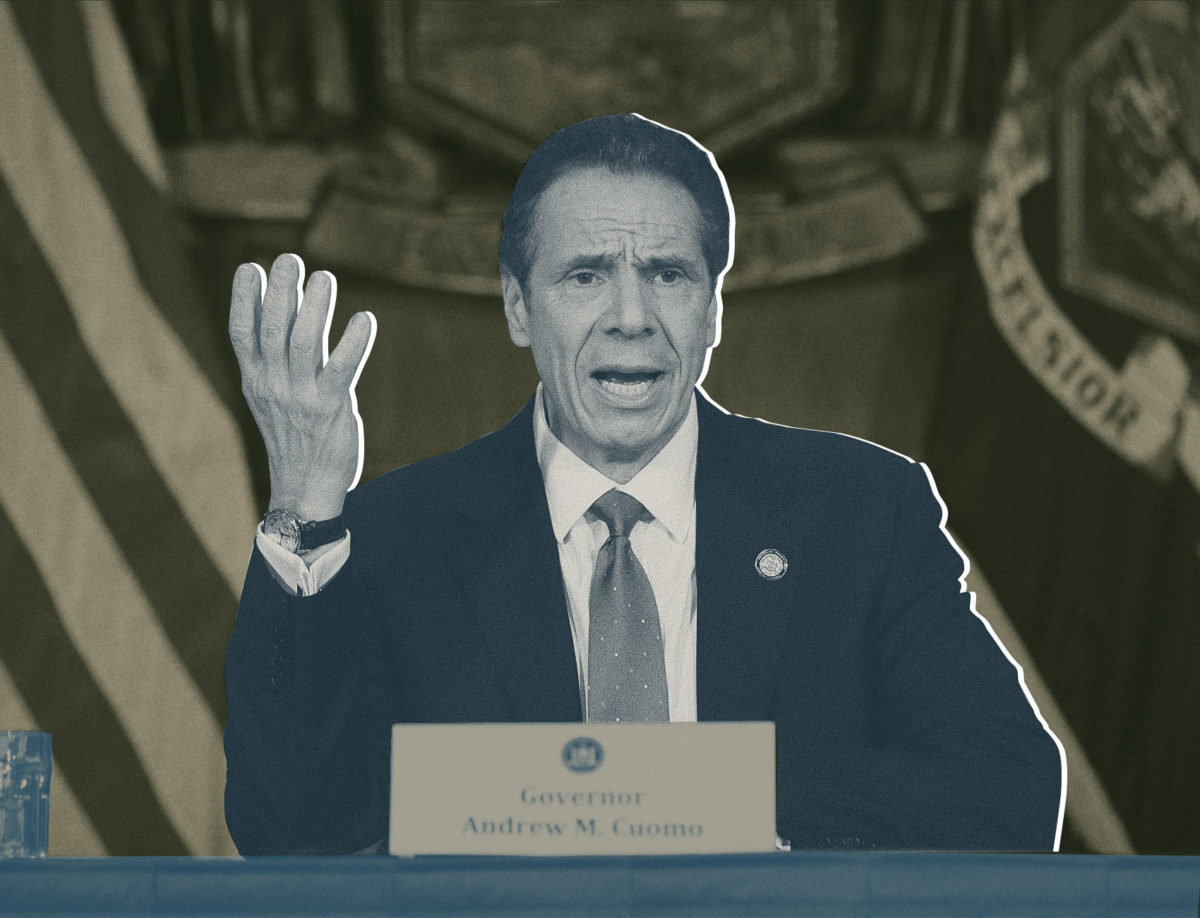
New York Governor Andrew Cuomo Is Fresh Off His Book Tour, But Activists Say He Doesn’t Live Up to His National Reputation
Progressive lawmakers and activists say Cuomo has failed to adequately protect those who are out of work, at risk of losing their homes, or living behind bars, where the virus has spread rapidly.

Chicago’s Mayor Turns City’s Infrastructure Into Weapons Against Protesters
When election and racial justice protests rocked the city, Lori Lightfoot used raised bridges and shutdown public transportation as crowd control measures, which harmed the city’s workers.
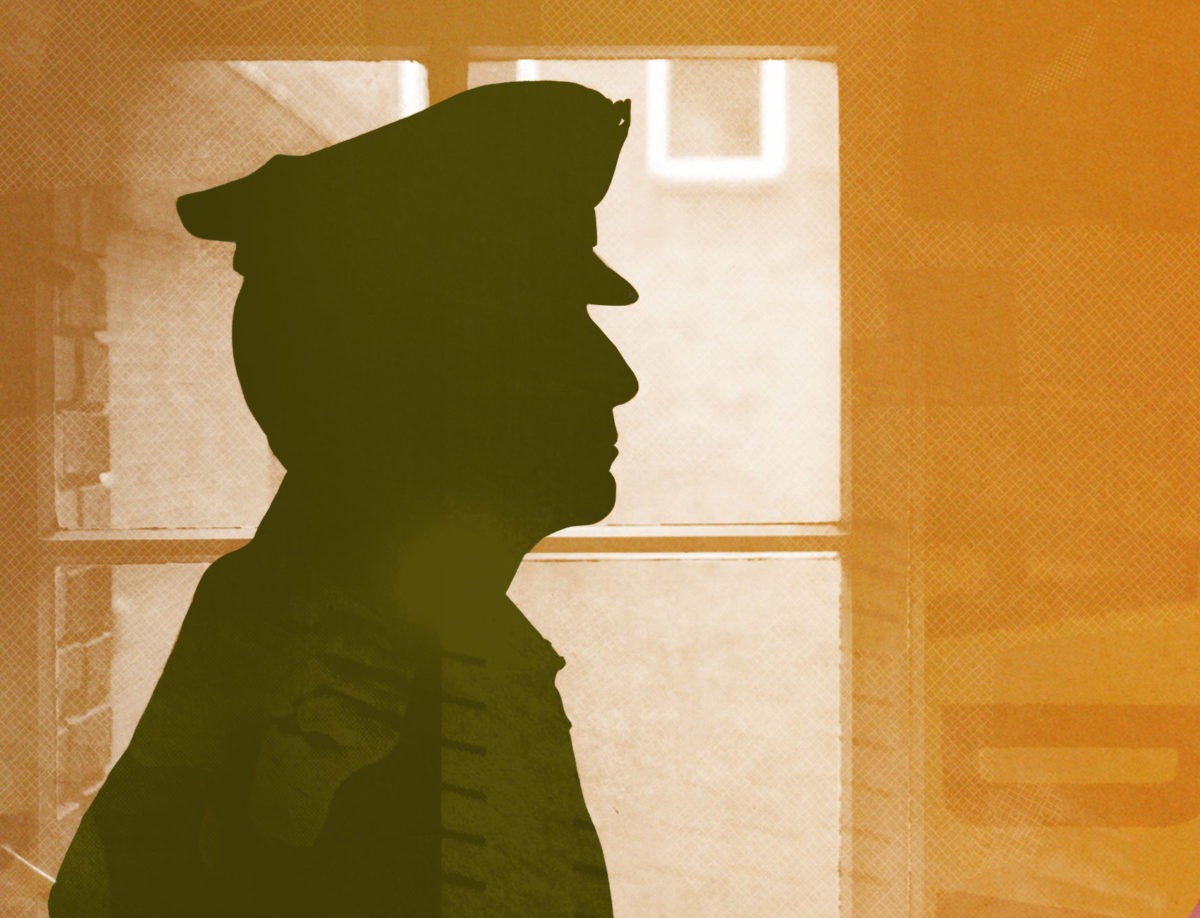
Police Unions Are Losing The War on Criminal Justice Reform
Law enforcement organizations have long treated mass incarceration as a job creation program. In 2020, the tide began turning against them.
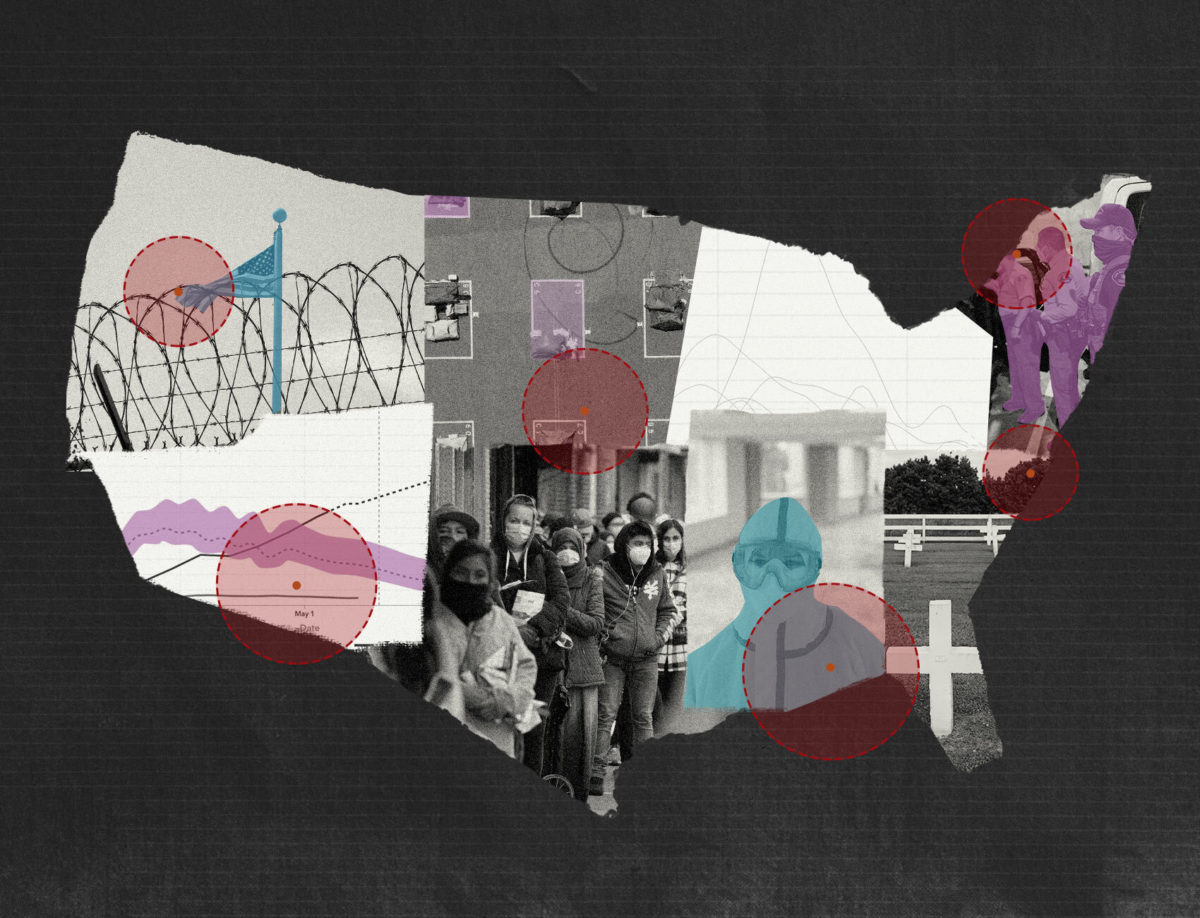
Coronavirus In Jails And Prisons
For the last six months, we’ve examined the impact of the coronavirus pandemic on people incarcerated in U.S. prisons, jails, and juvenile-detention facilities. Today, we’re wrapping up the project, though it certainly doesn’t mean the crisis is over. The map we’ve been updating weekly with new outbreaks (see below) shows active cases at more than […]

Coronavirus In Jails And Prisons
Researchers with the Covid Prison Project talk about how COVID-19 has opened up possibilities for data collection, a new report shows persistent disparities in L.A. County jails, and Colorado’s El Paso County jail sets a grim state record.

Coronavirus In Jails And Prisons
An overview of gubernatorial candidates and their stances on decarceration during the pandemic, a new lawsuit argues that Massachusetts corrections officials are ignoring home-confinement requests, and new infections spike at the Fort Dix federal prison in New Jersey.

Coronavirus In Jails And Prisons
A judge dismissed a lawsuit seeking the release of seriously ill prisoners from a facility that is now dealing with a COVID-19 outbreak; despite nationwide calls to shrink prison populations through sentencing reform, only one Election Day ballot measure seeks to tackle the issue; partying corrections officers are blamed for an outbreak at a North Carolina jail.
